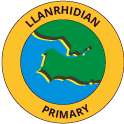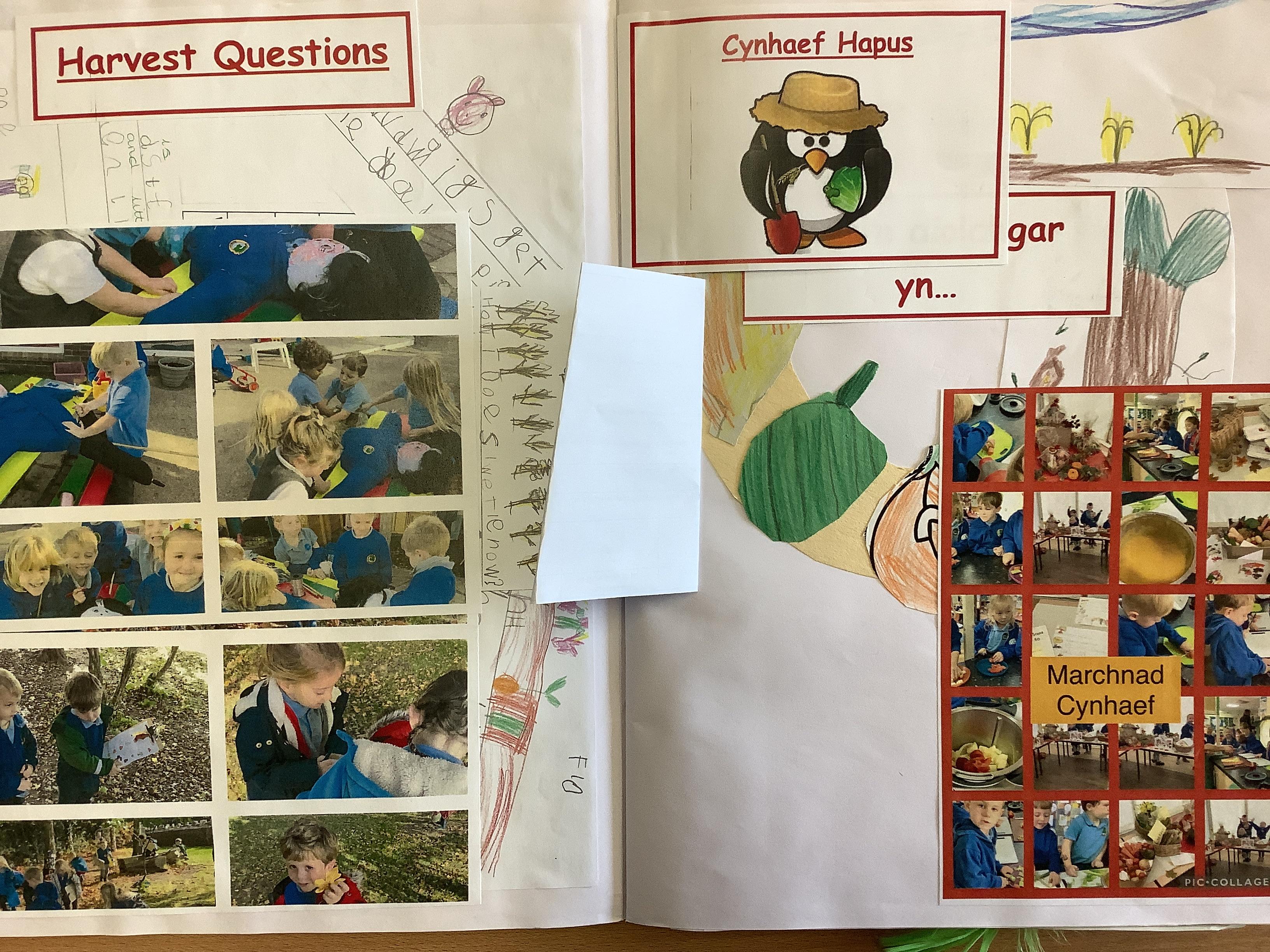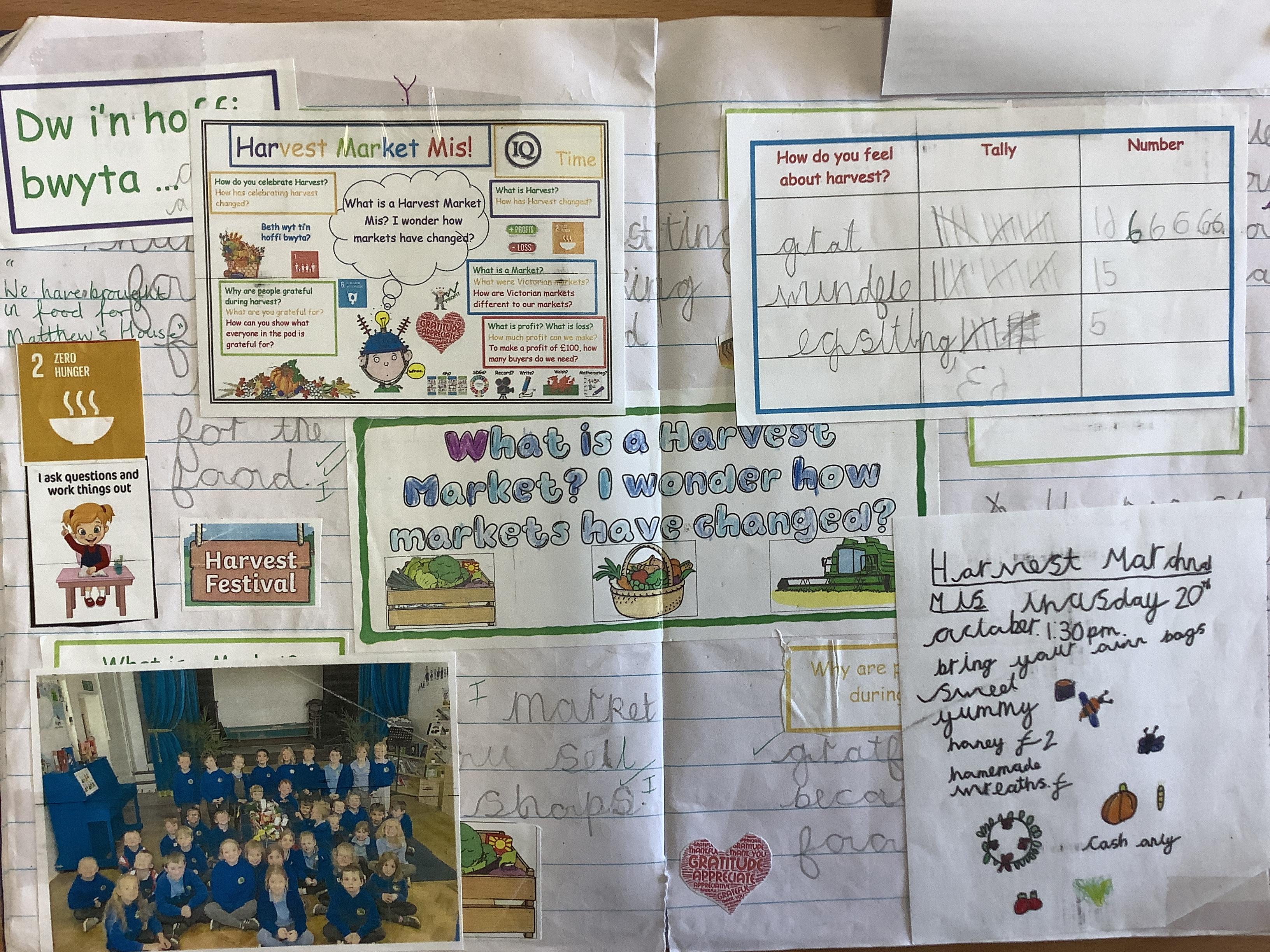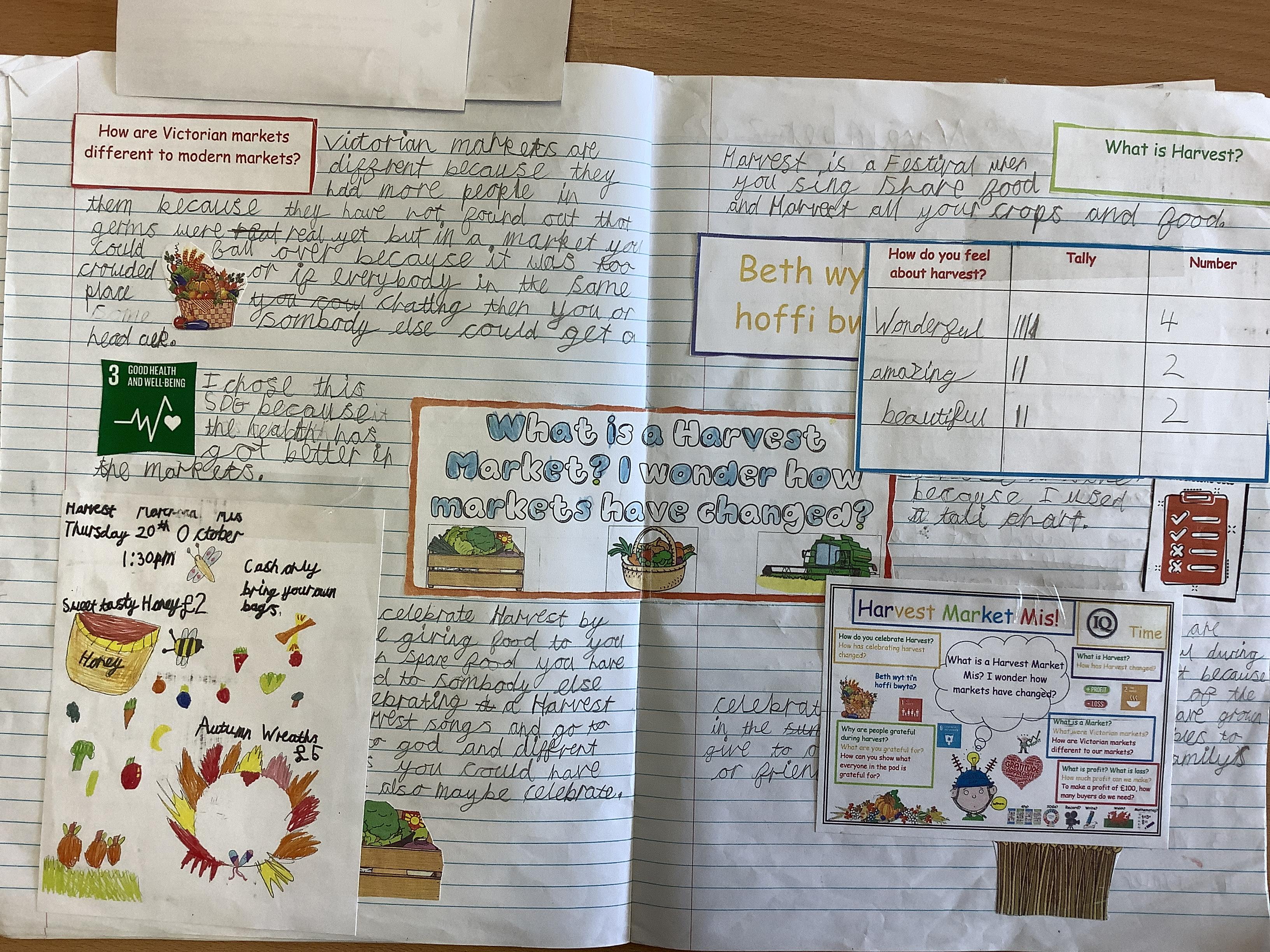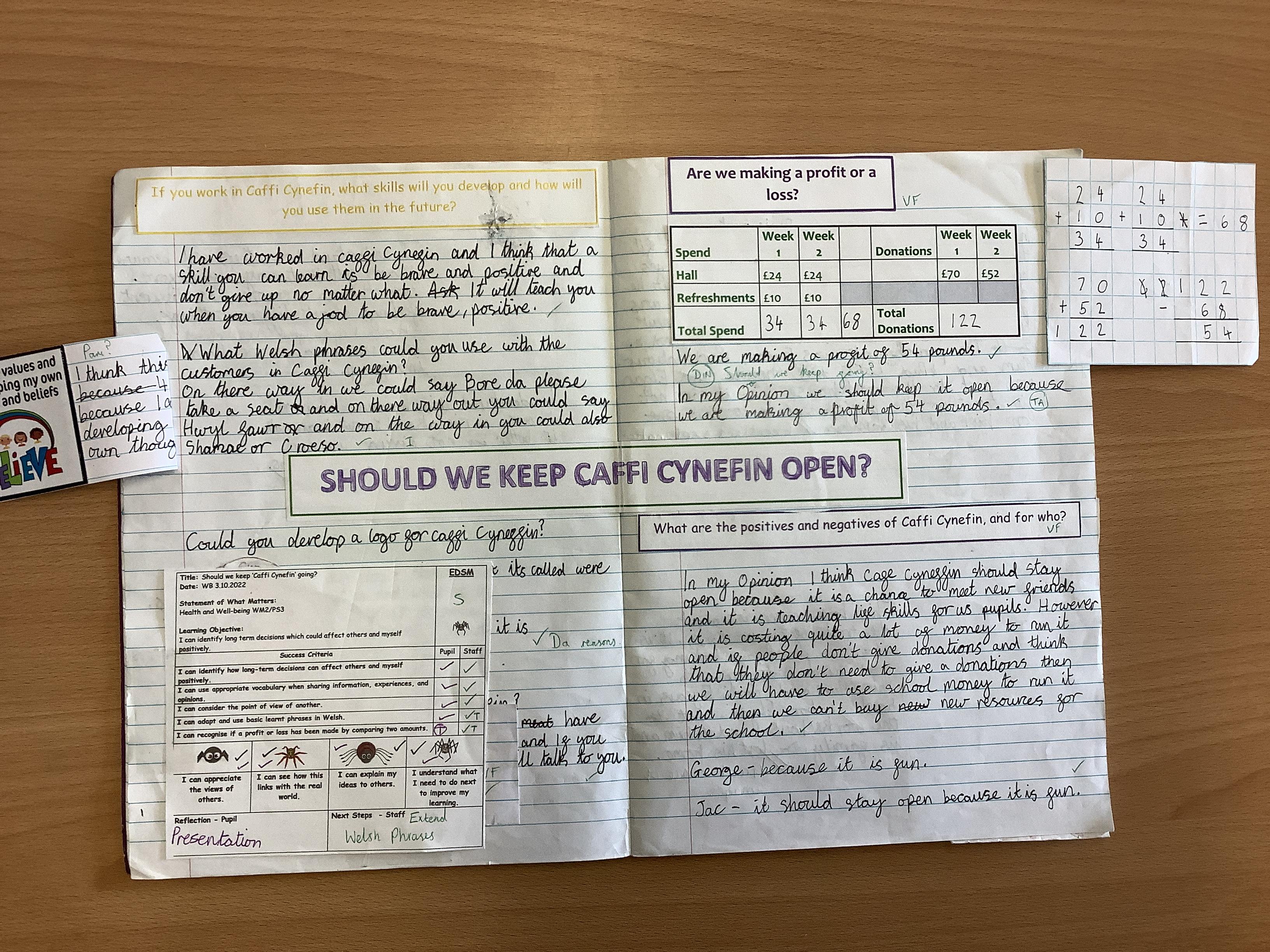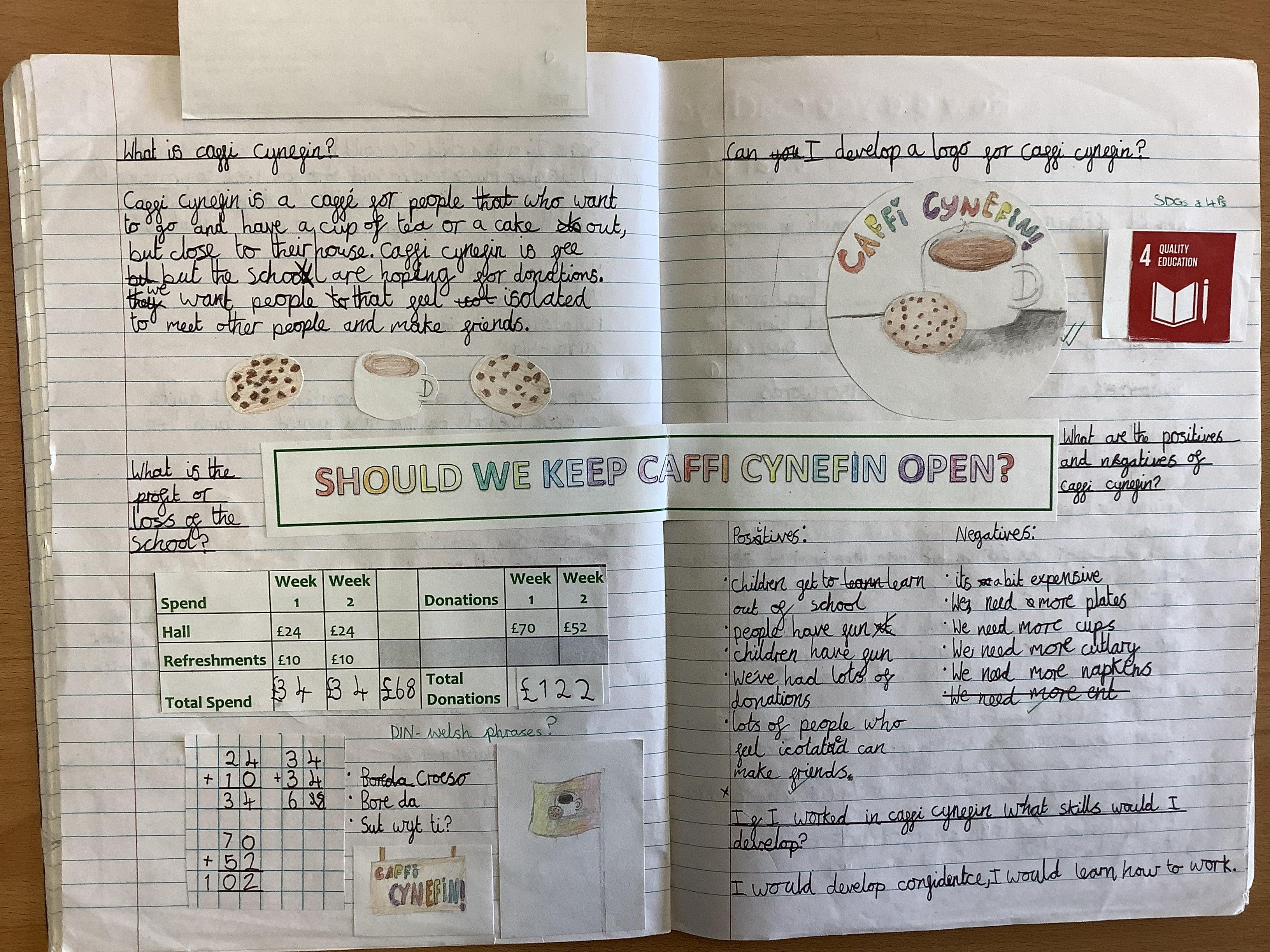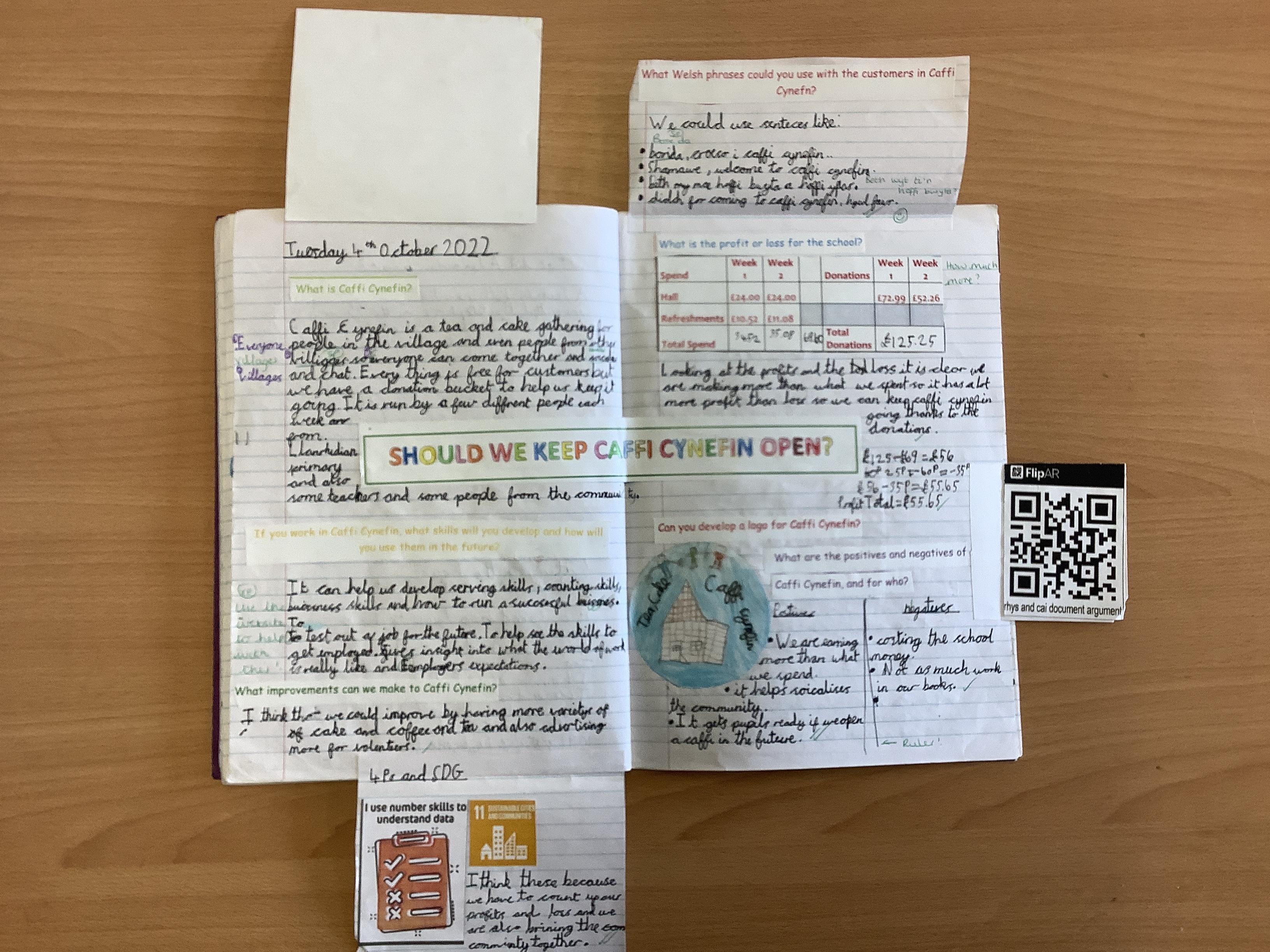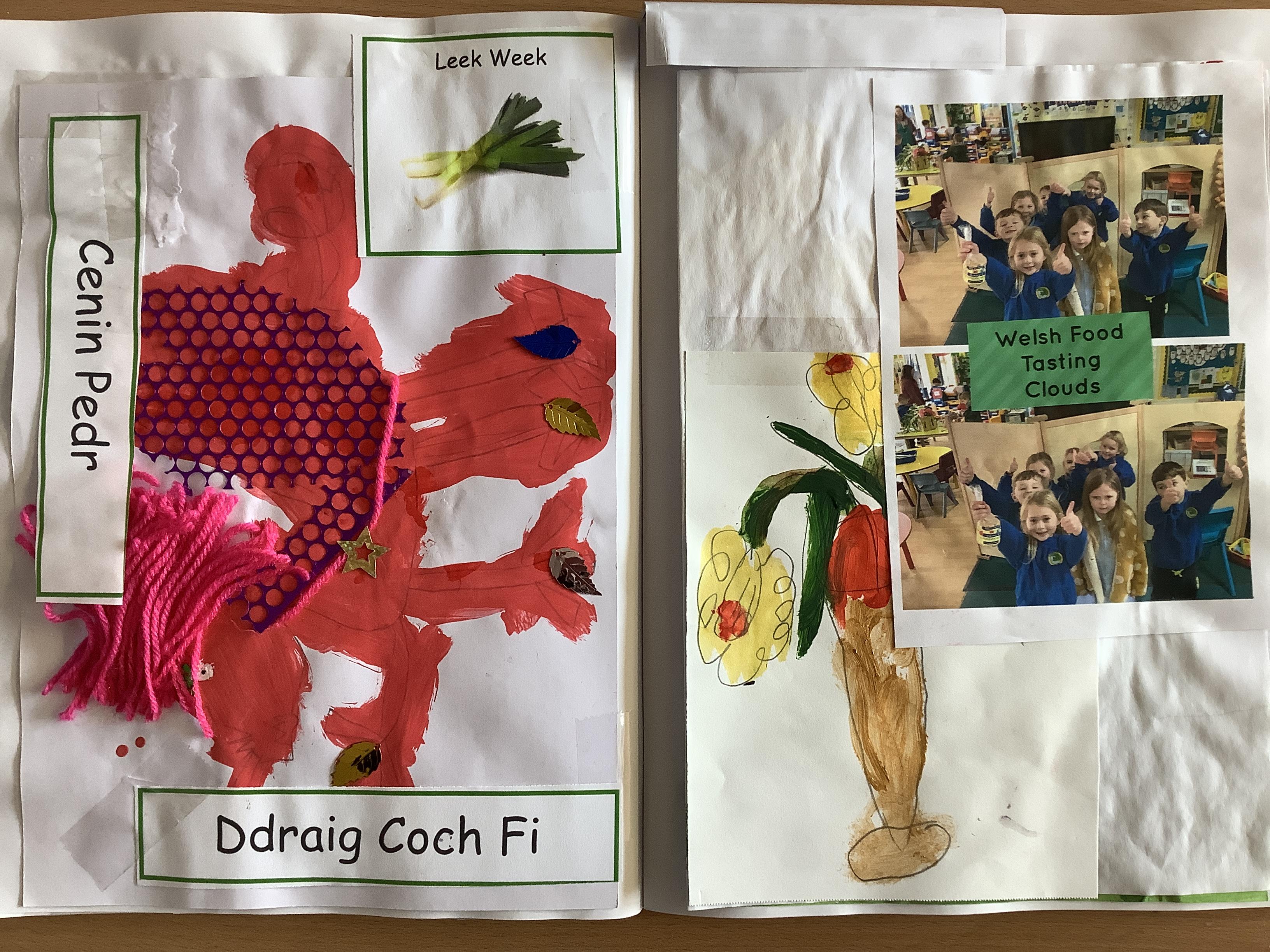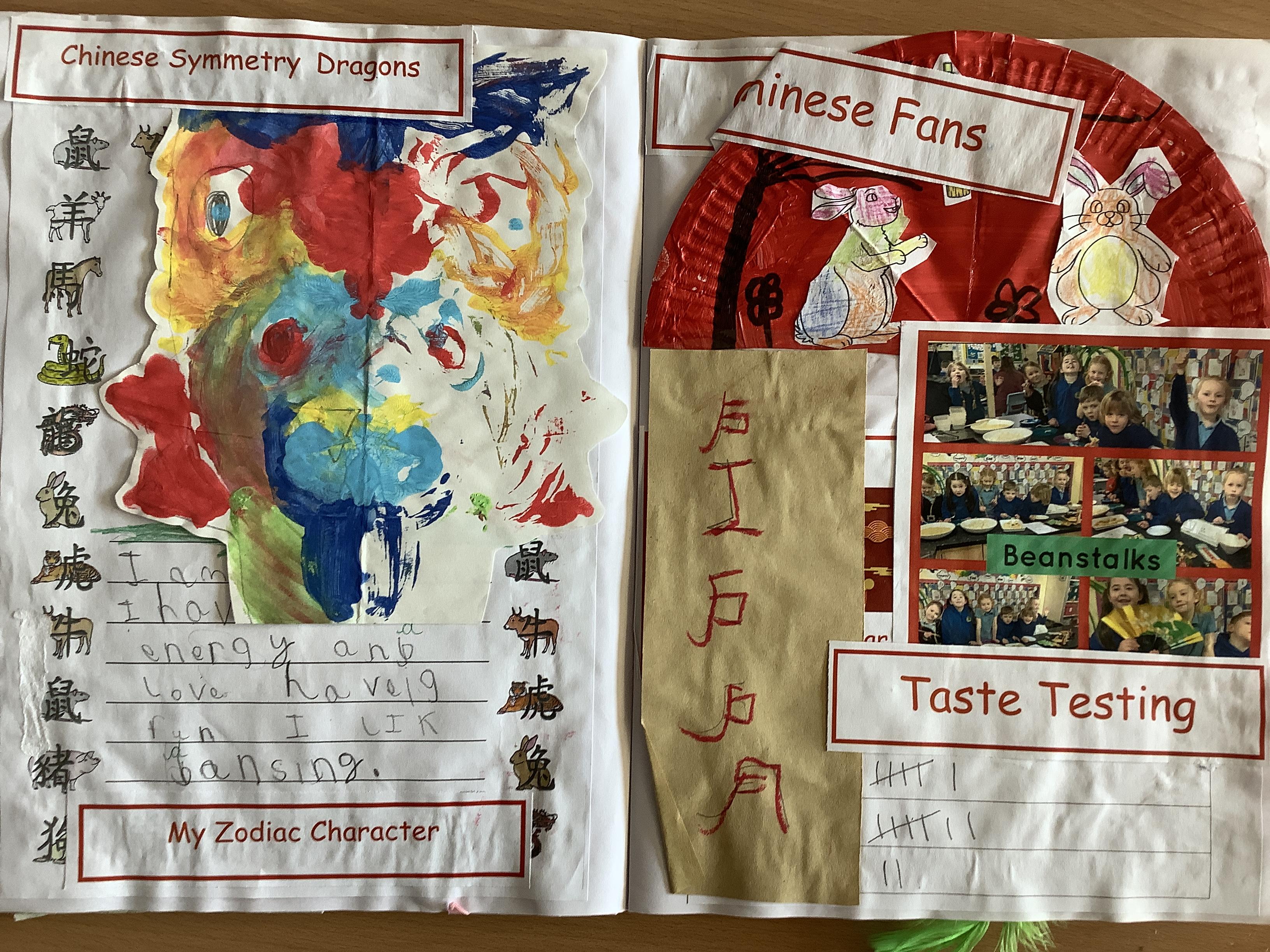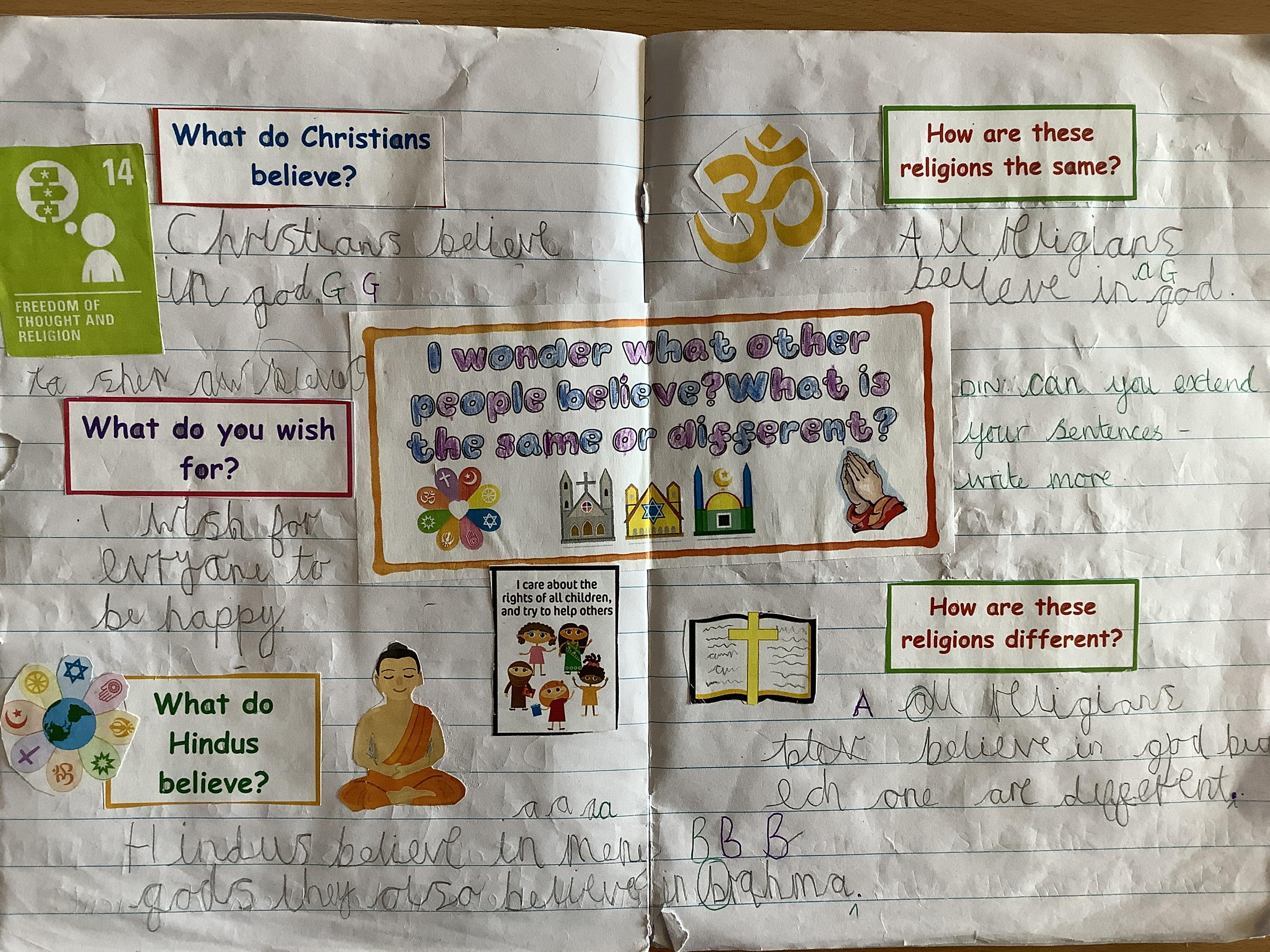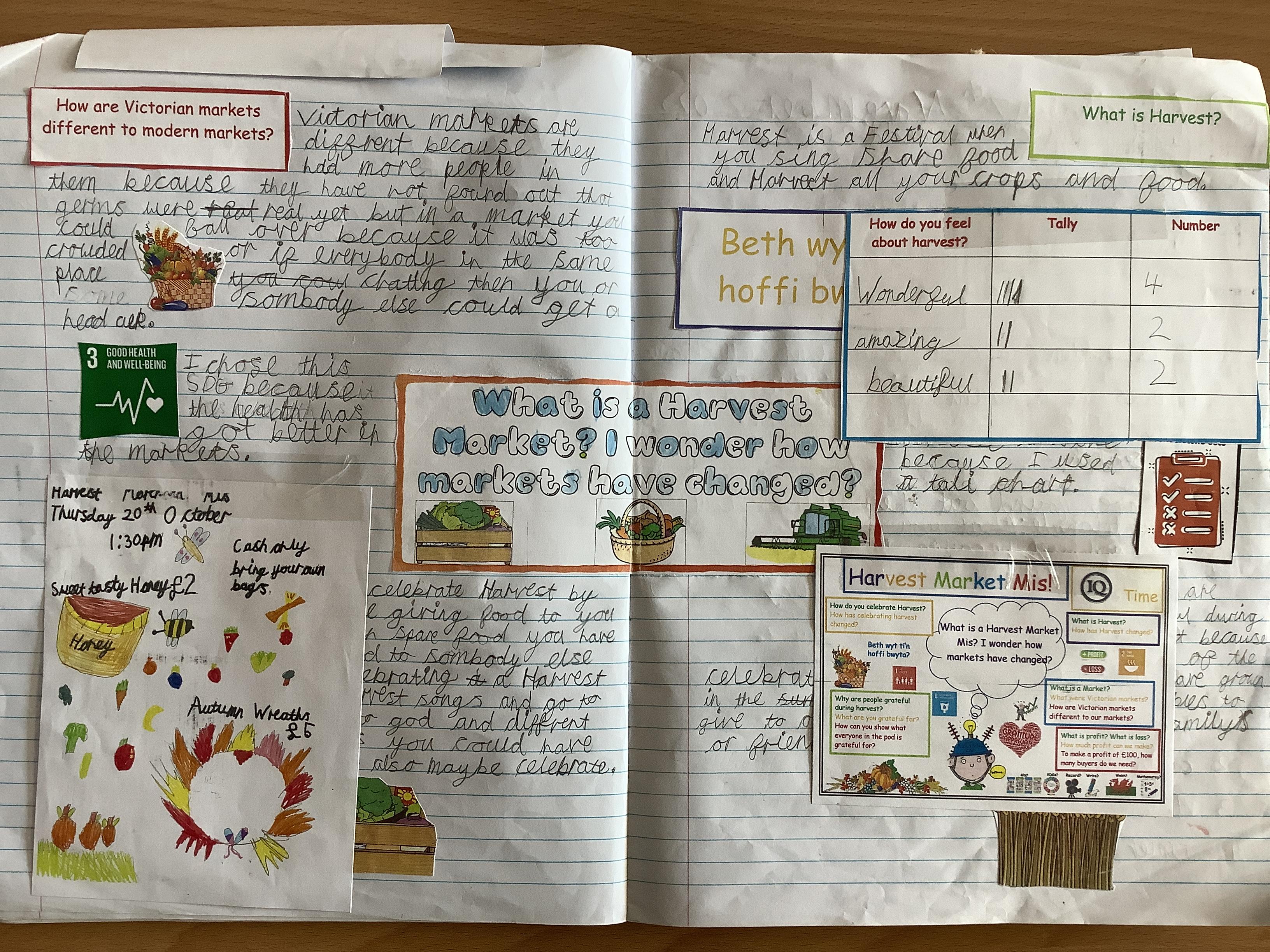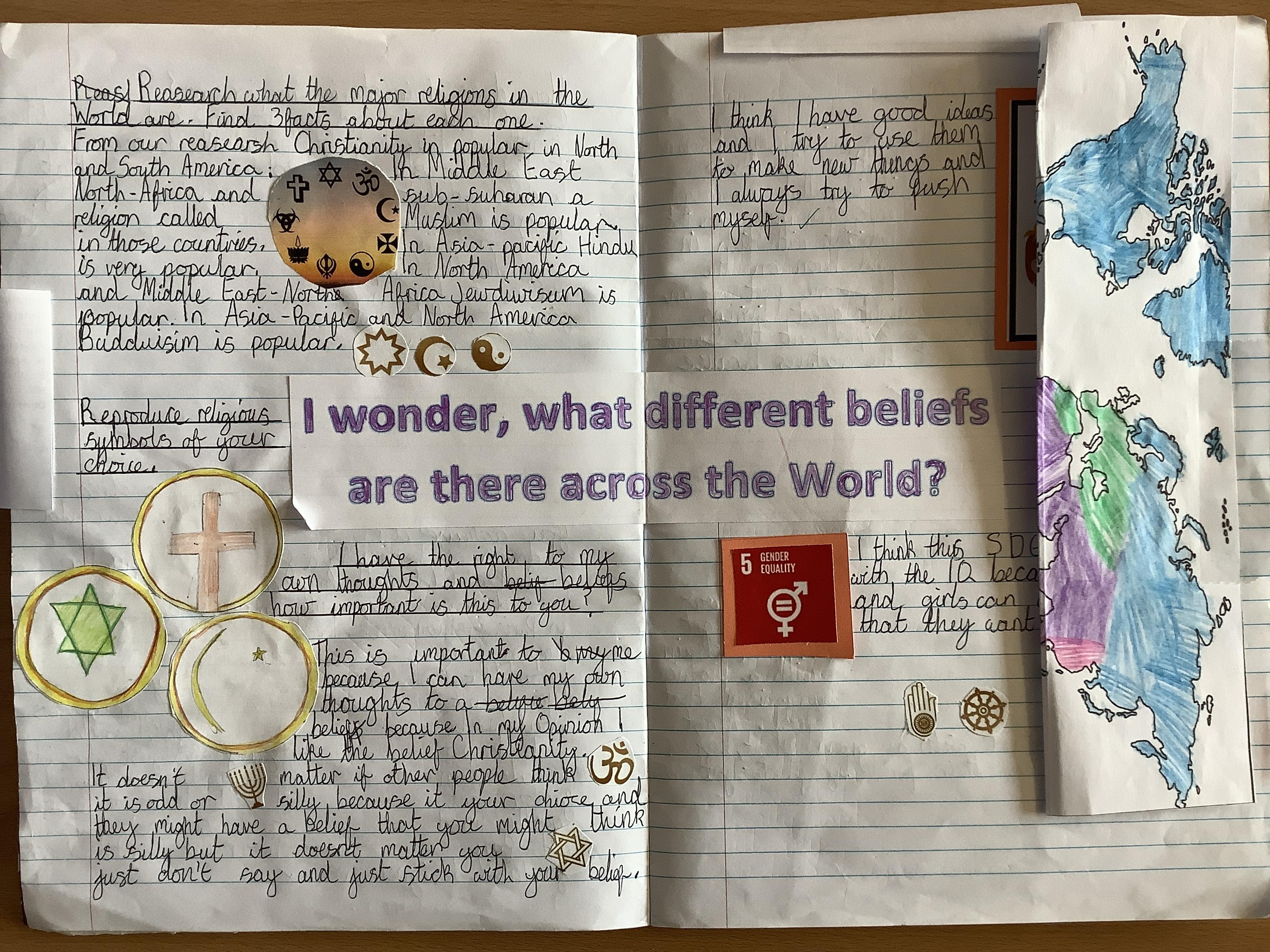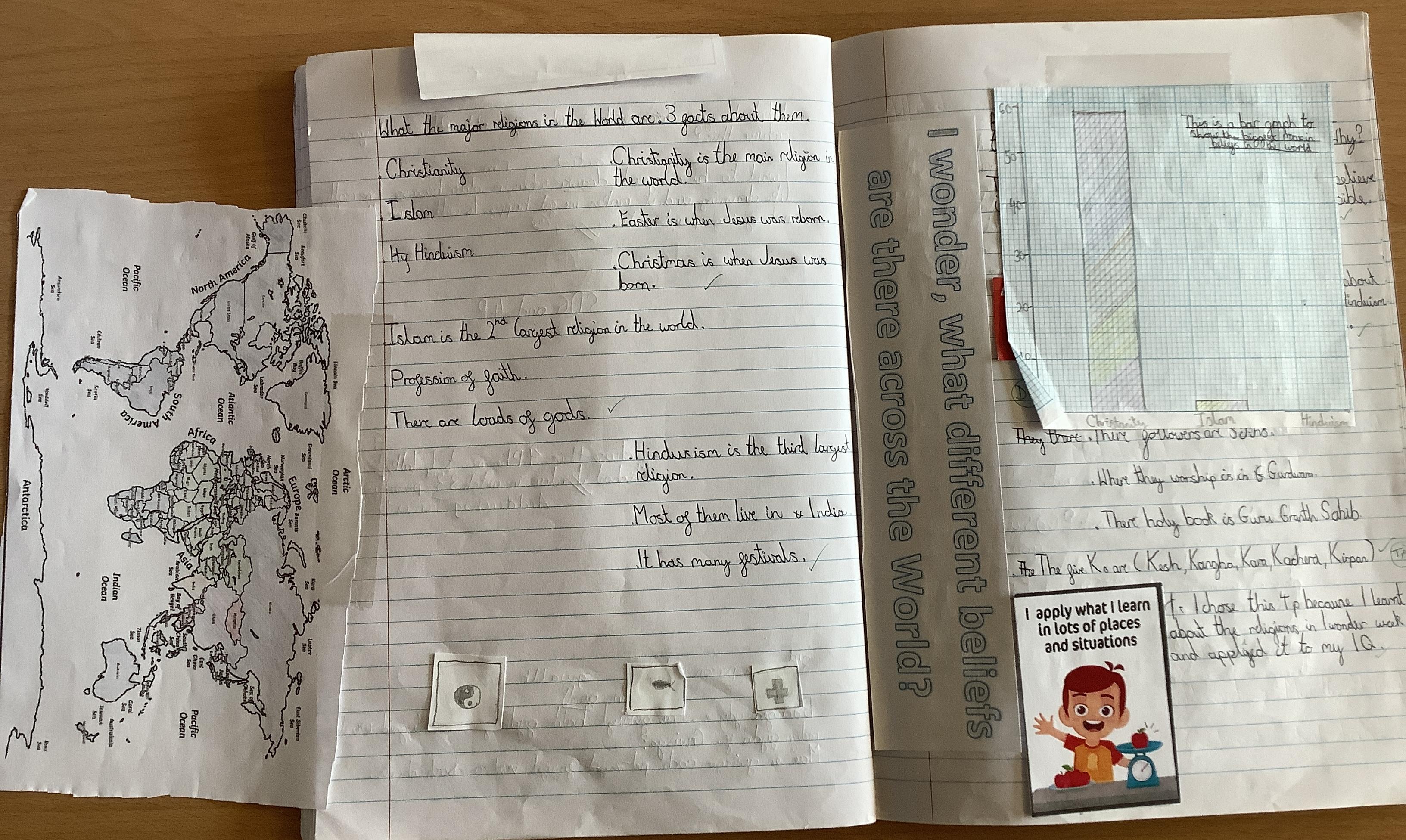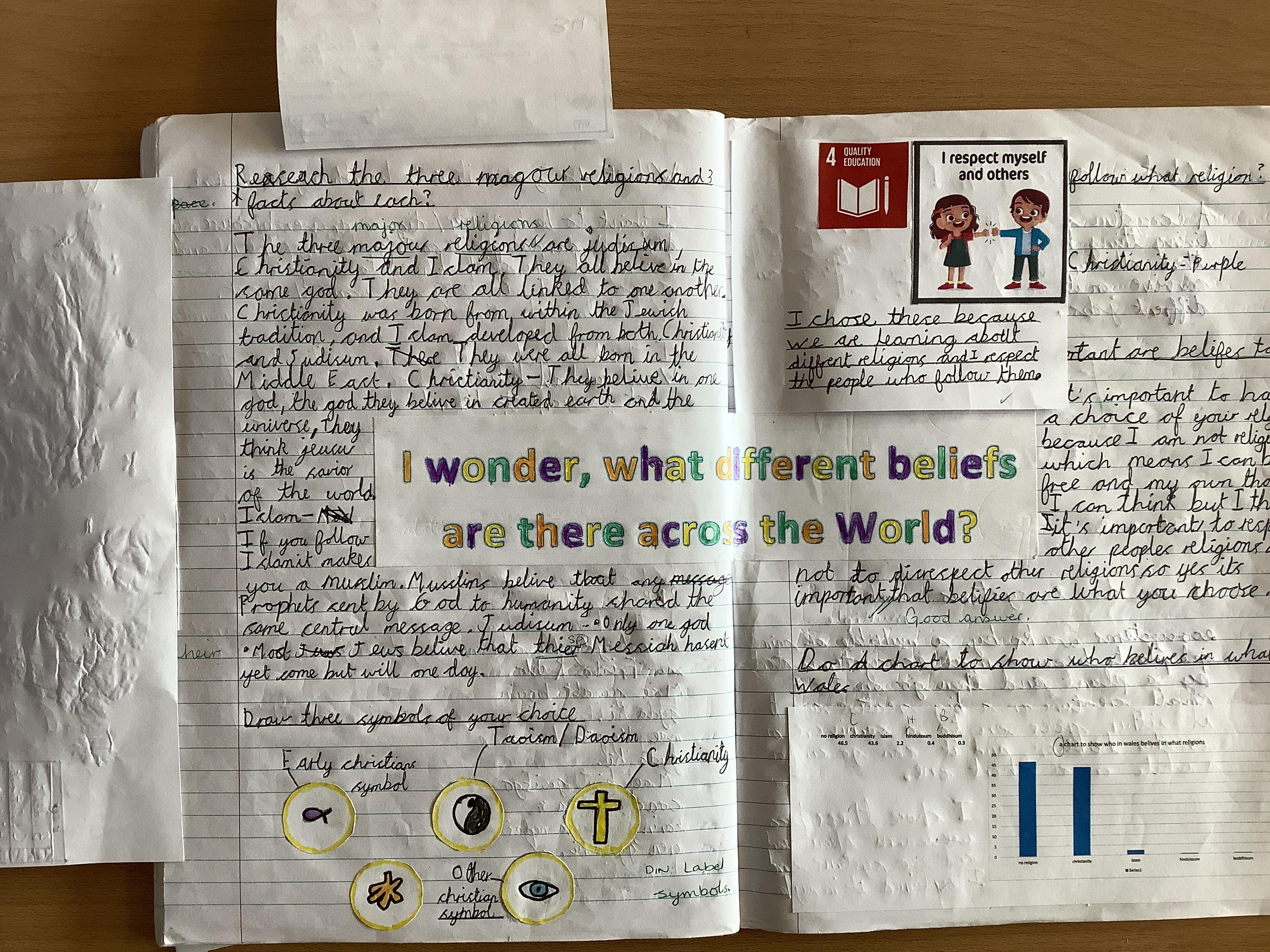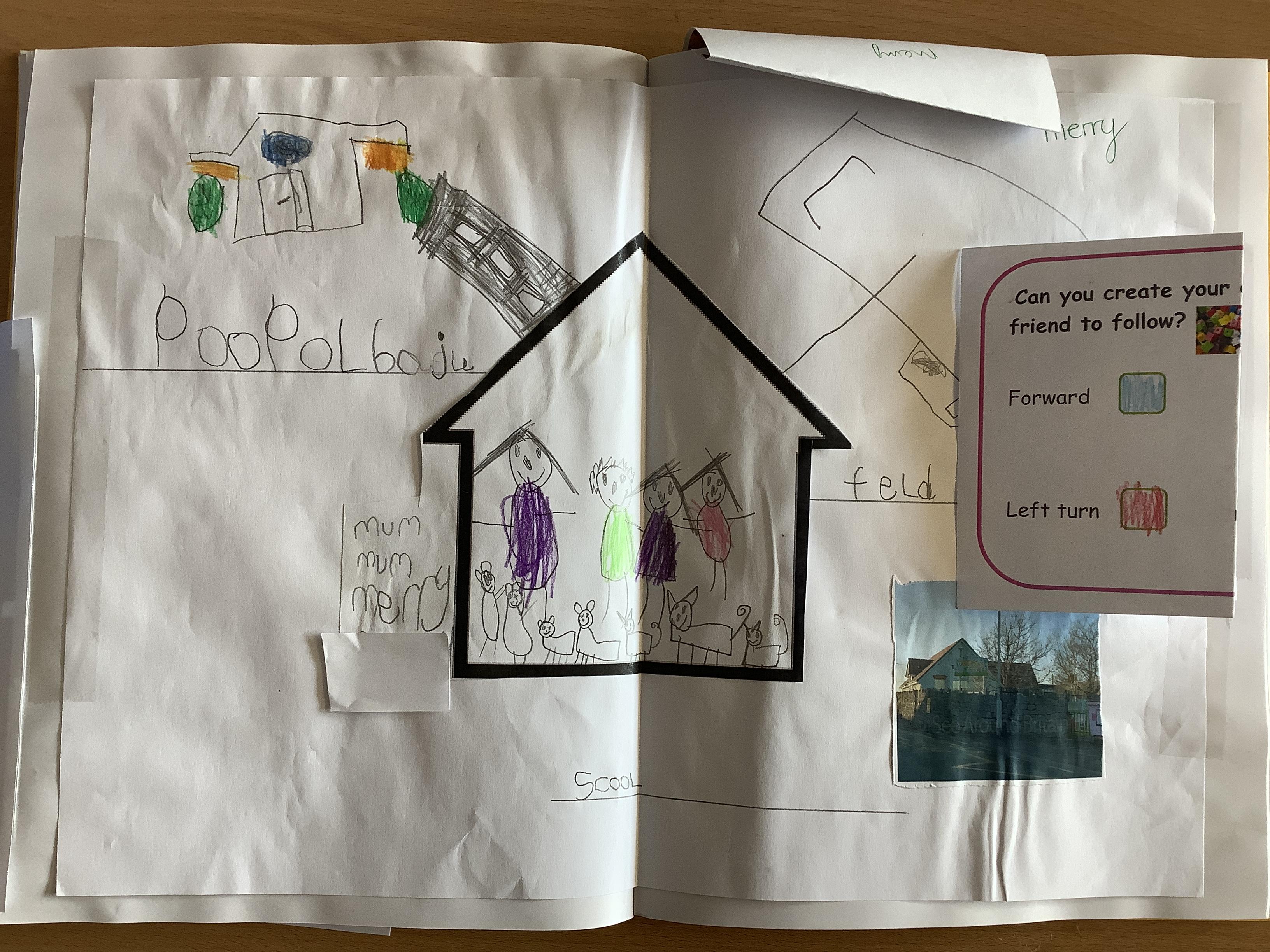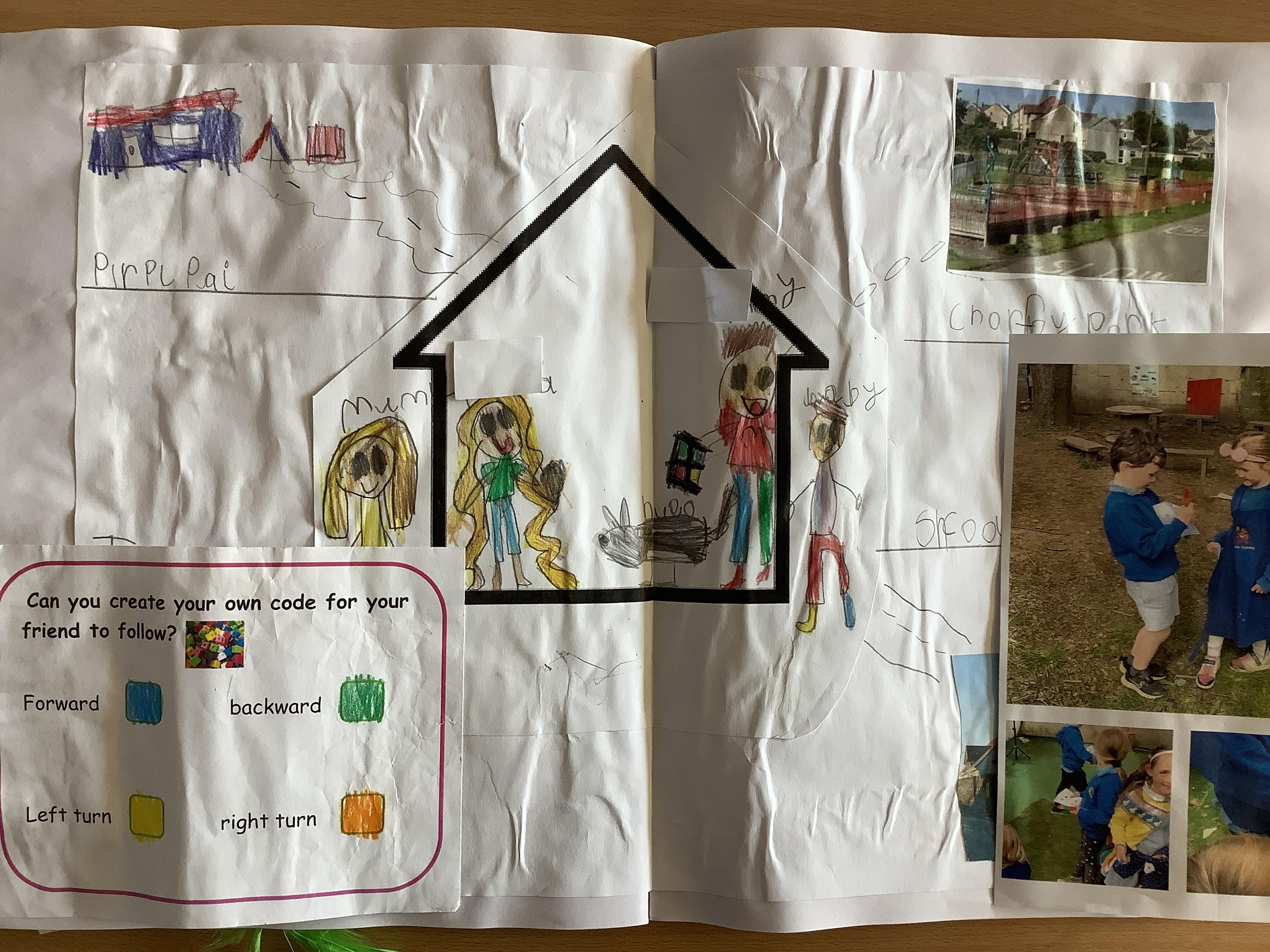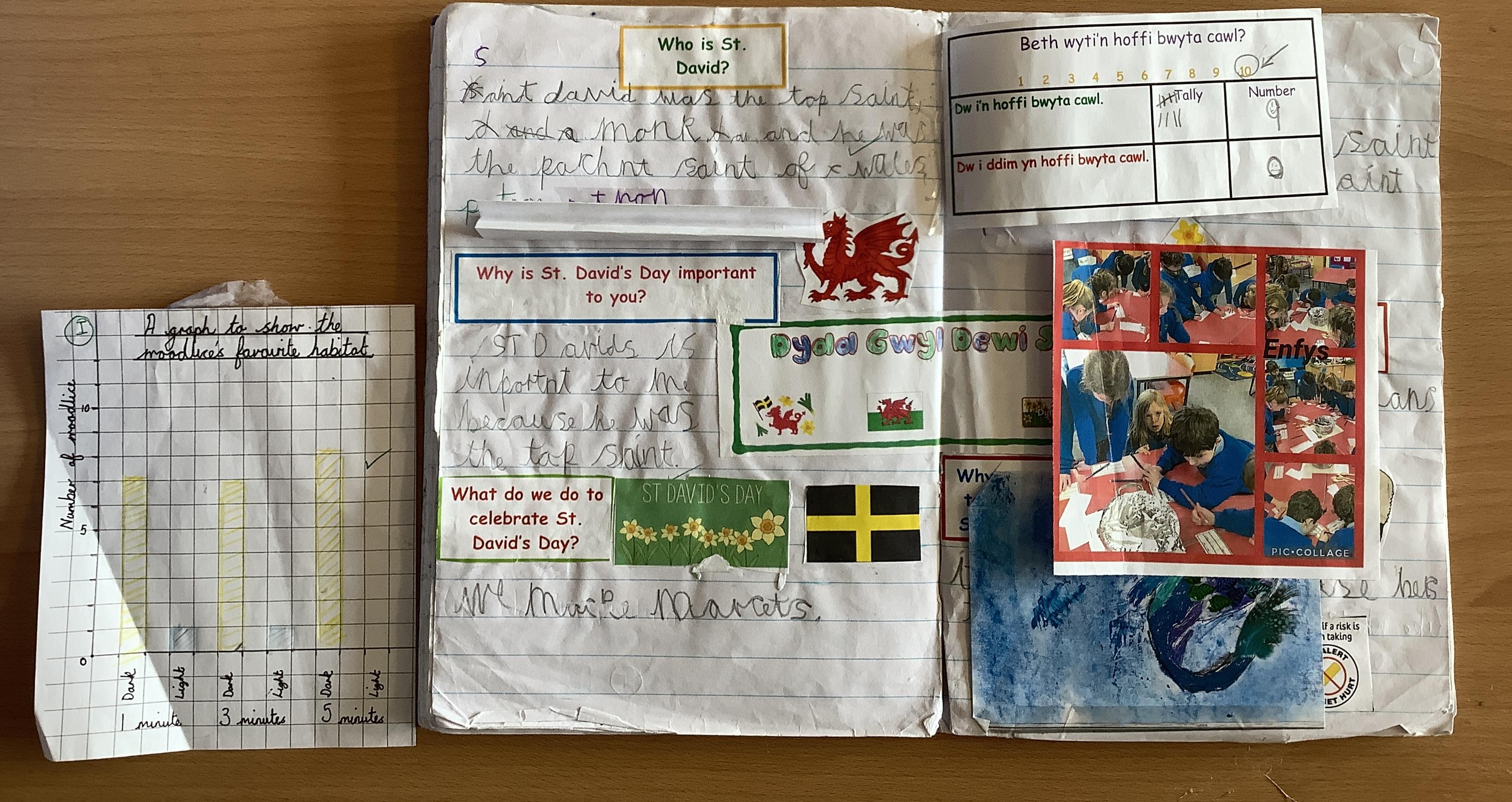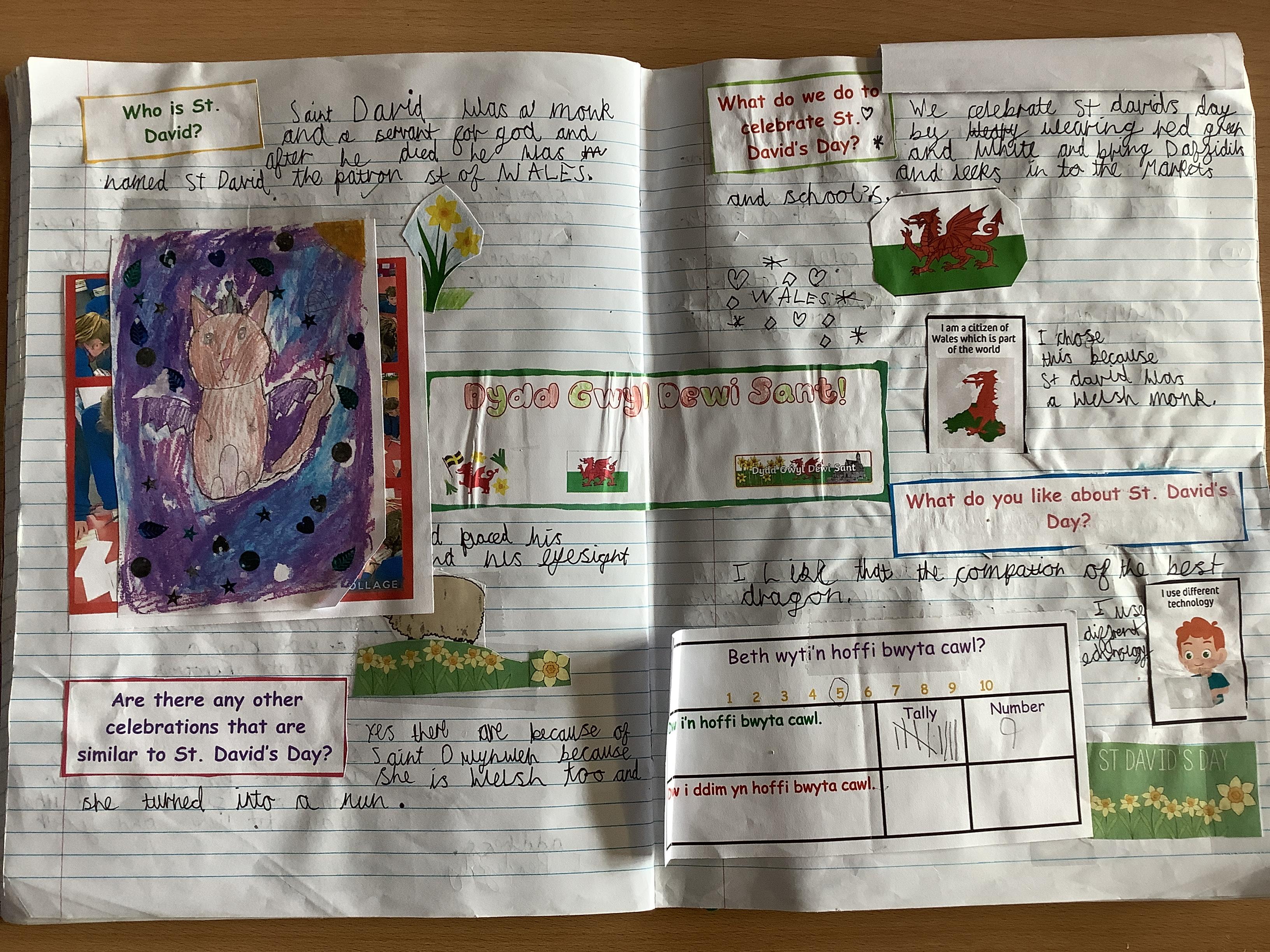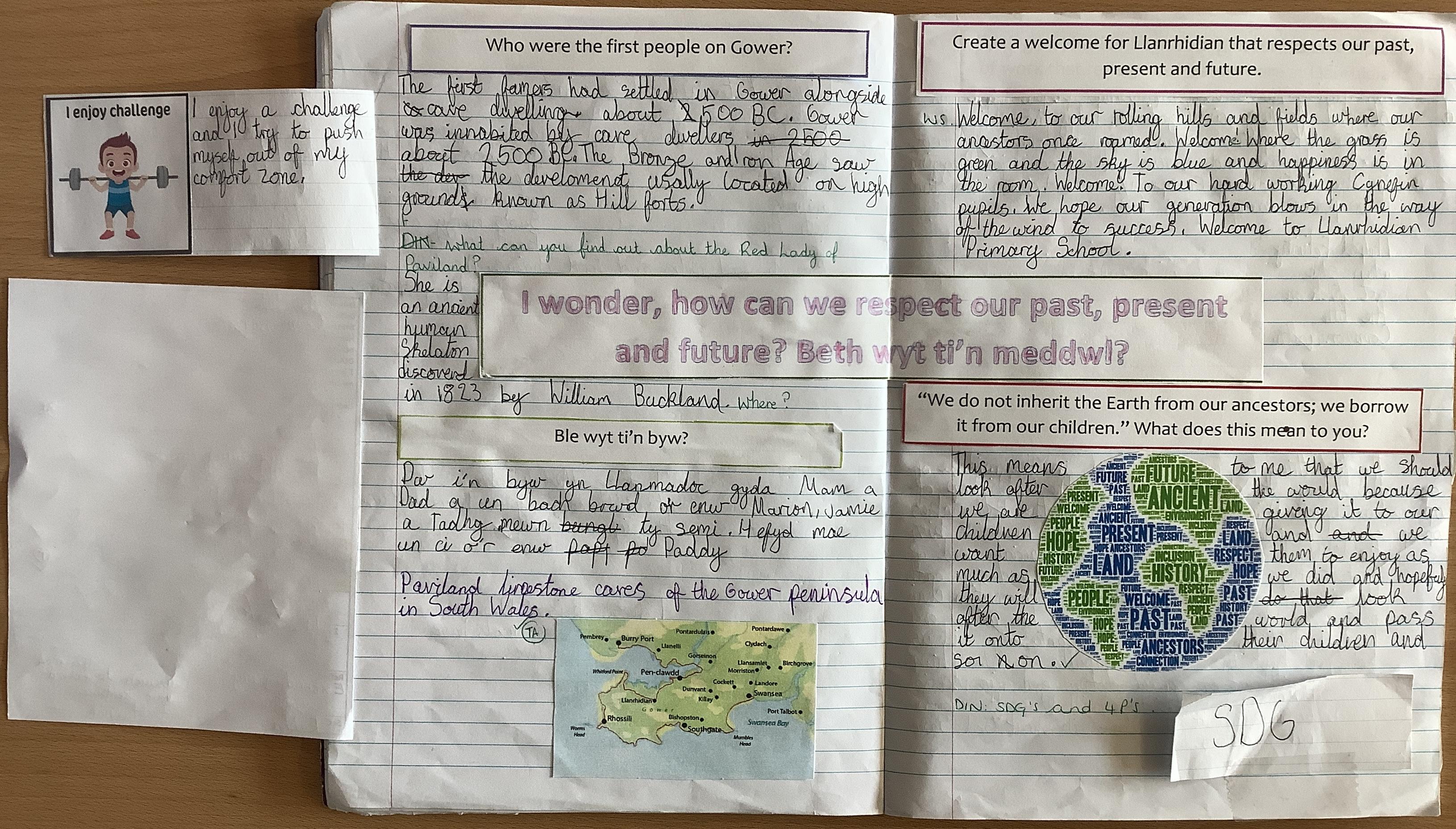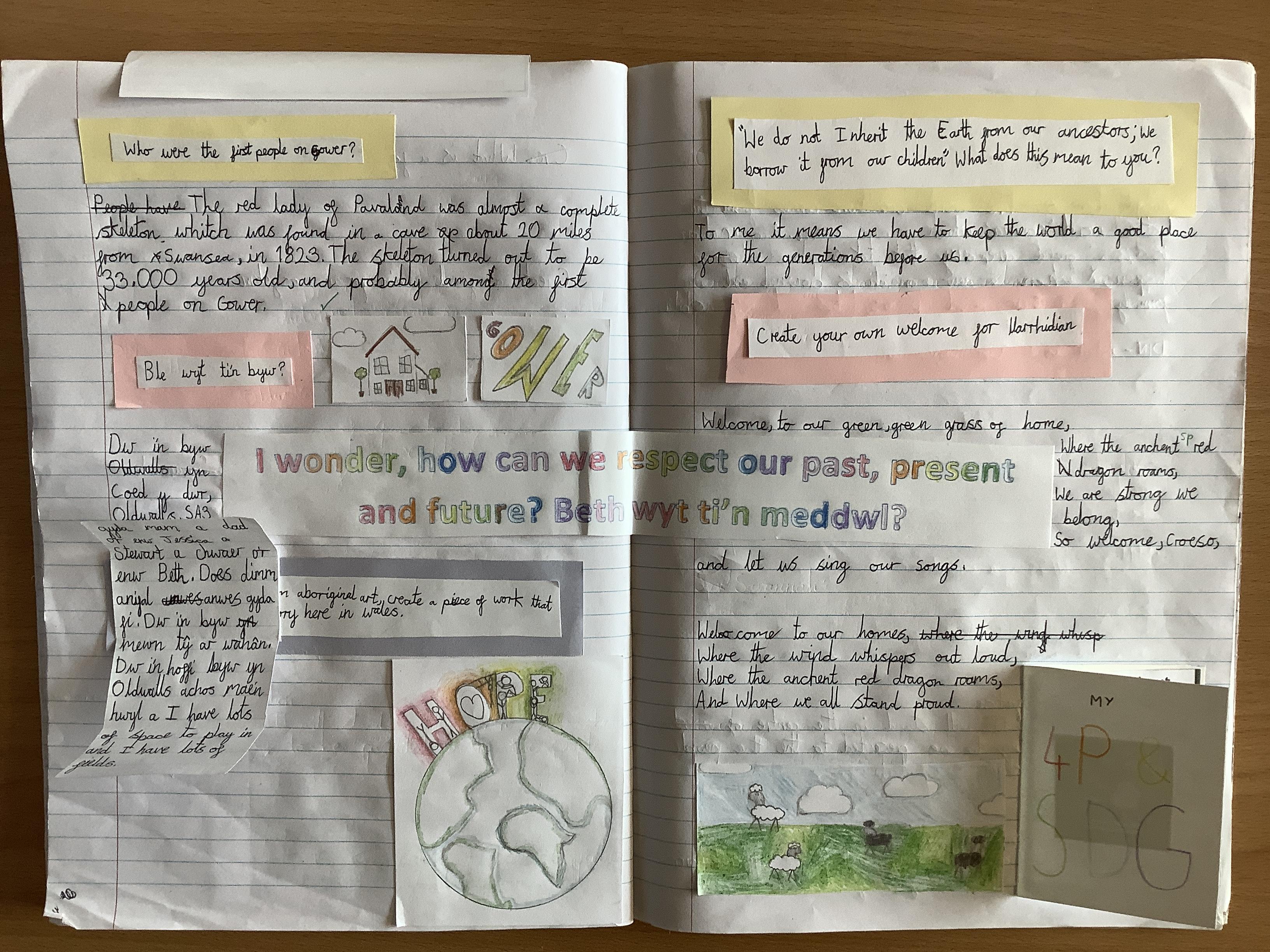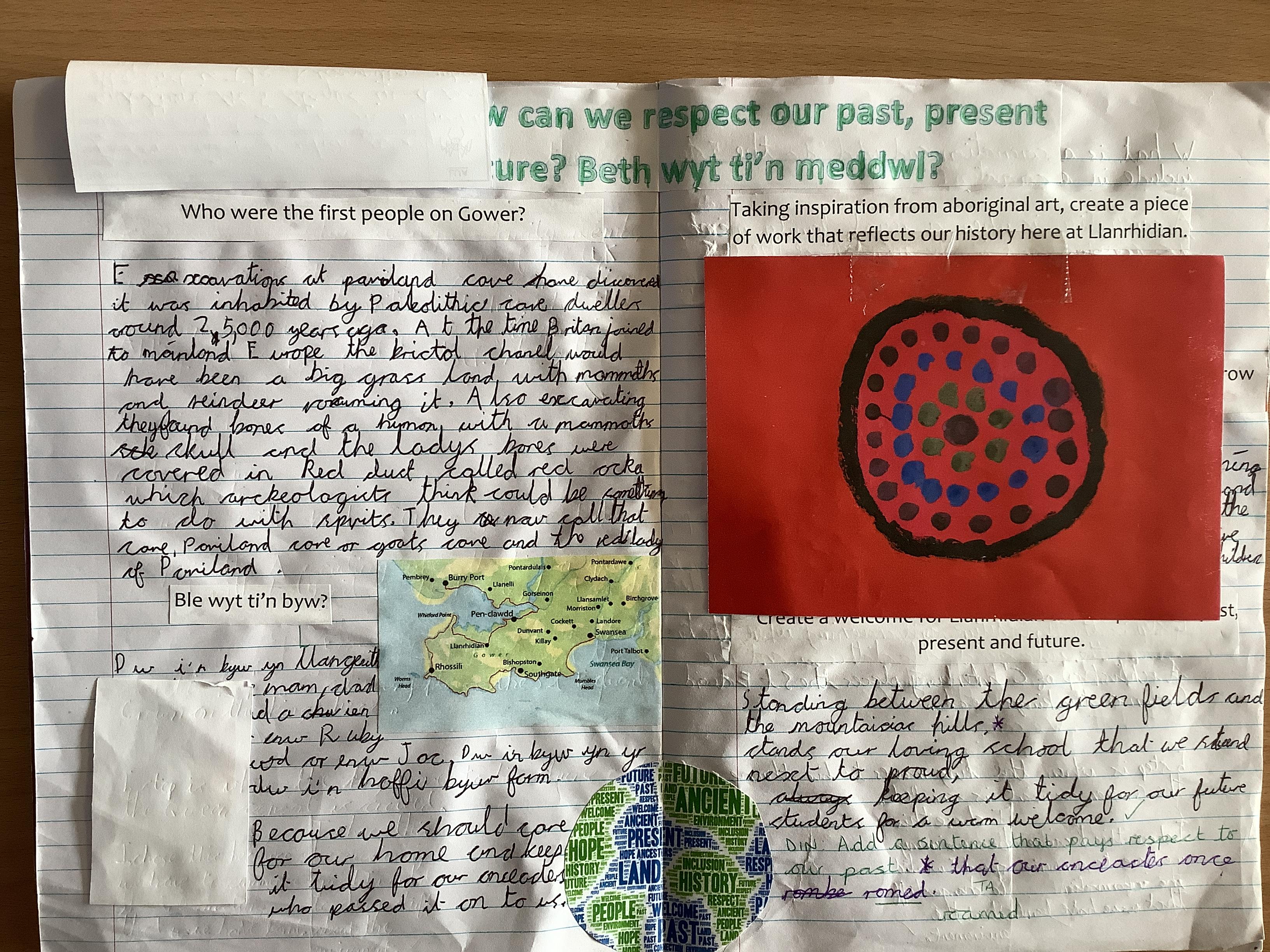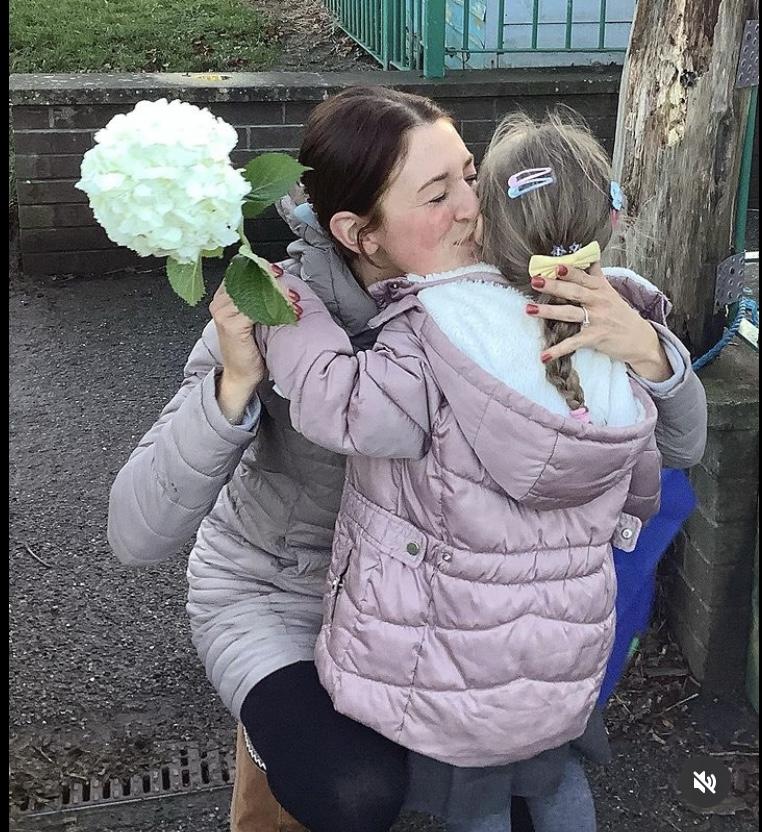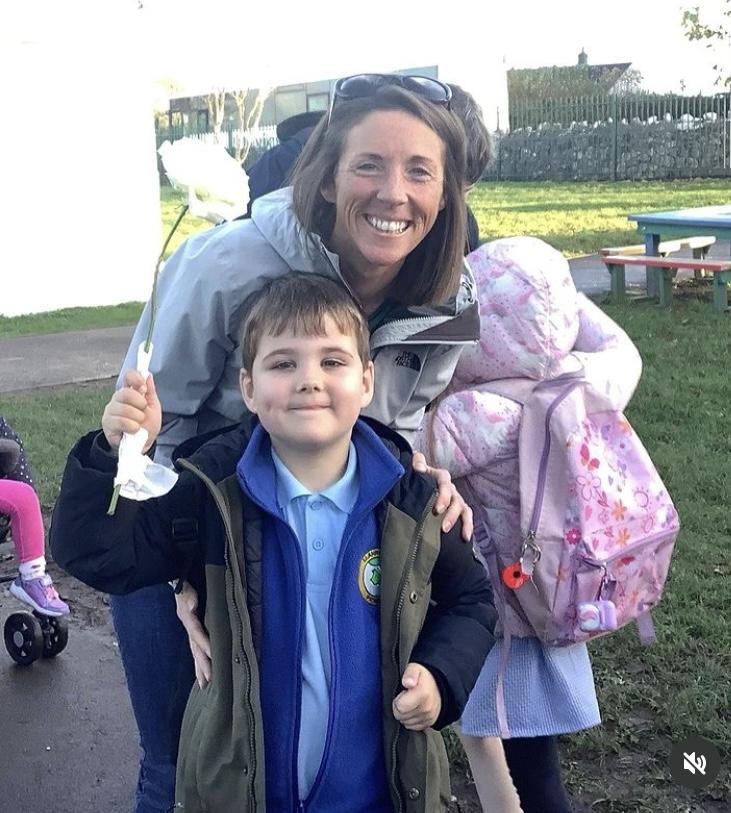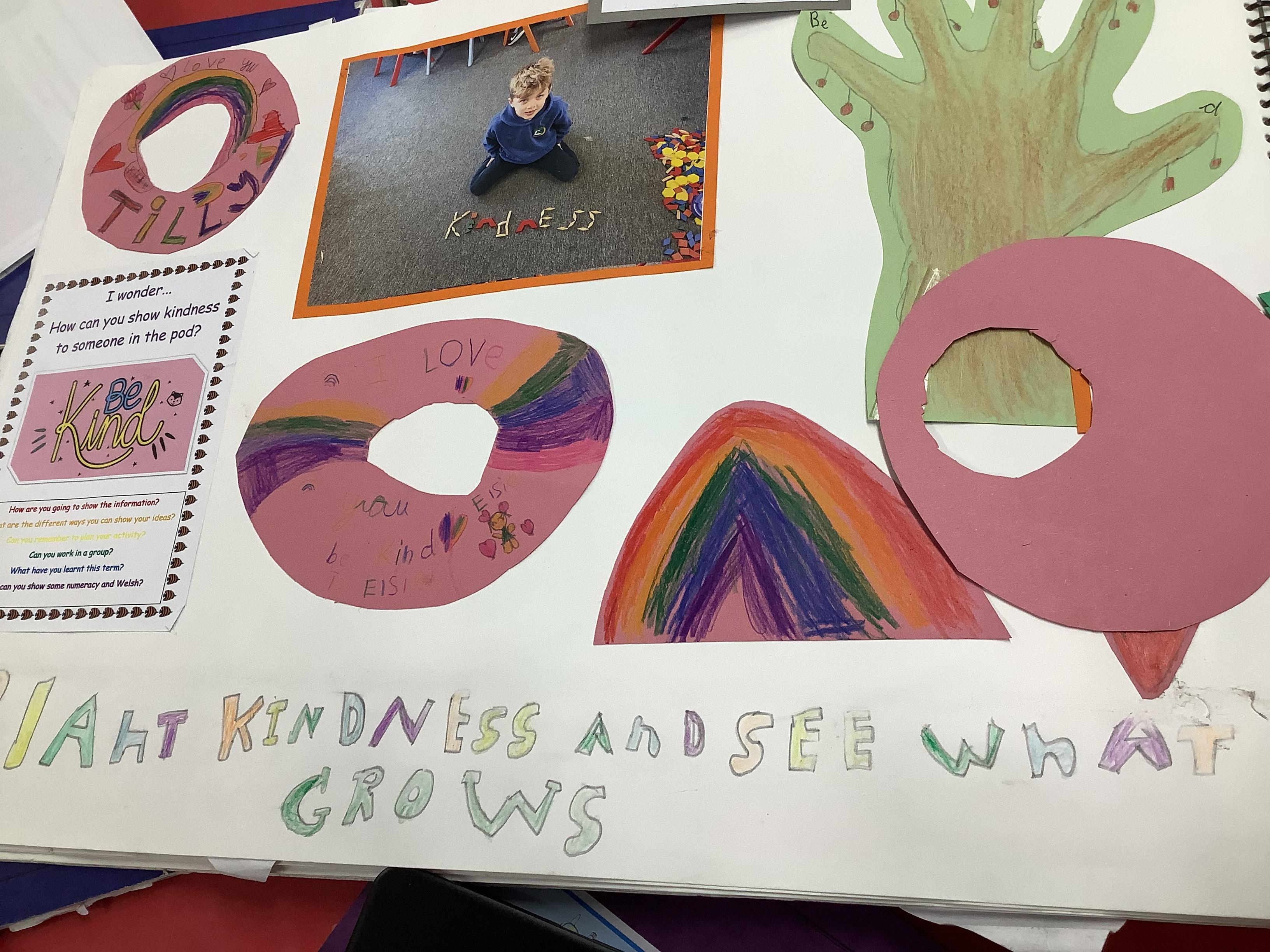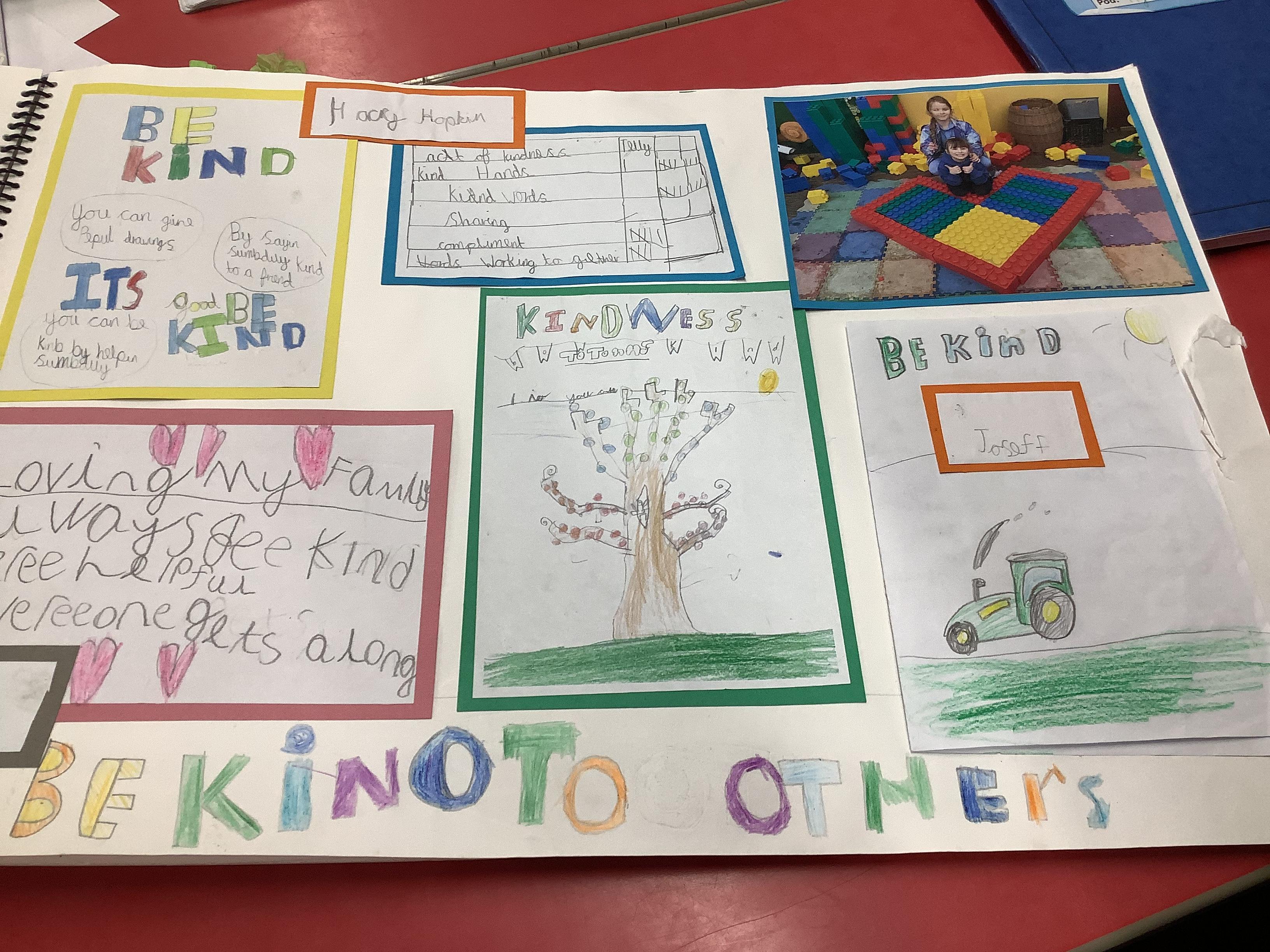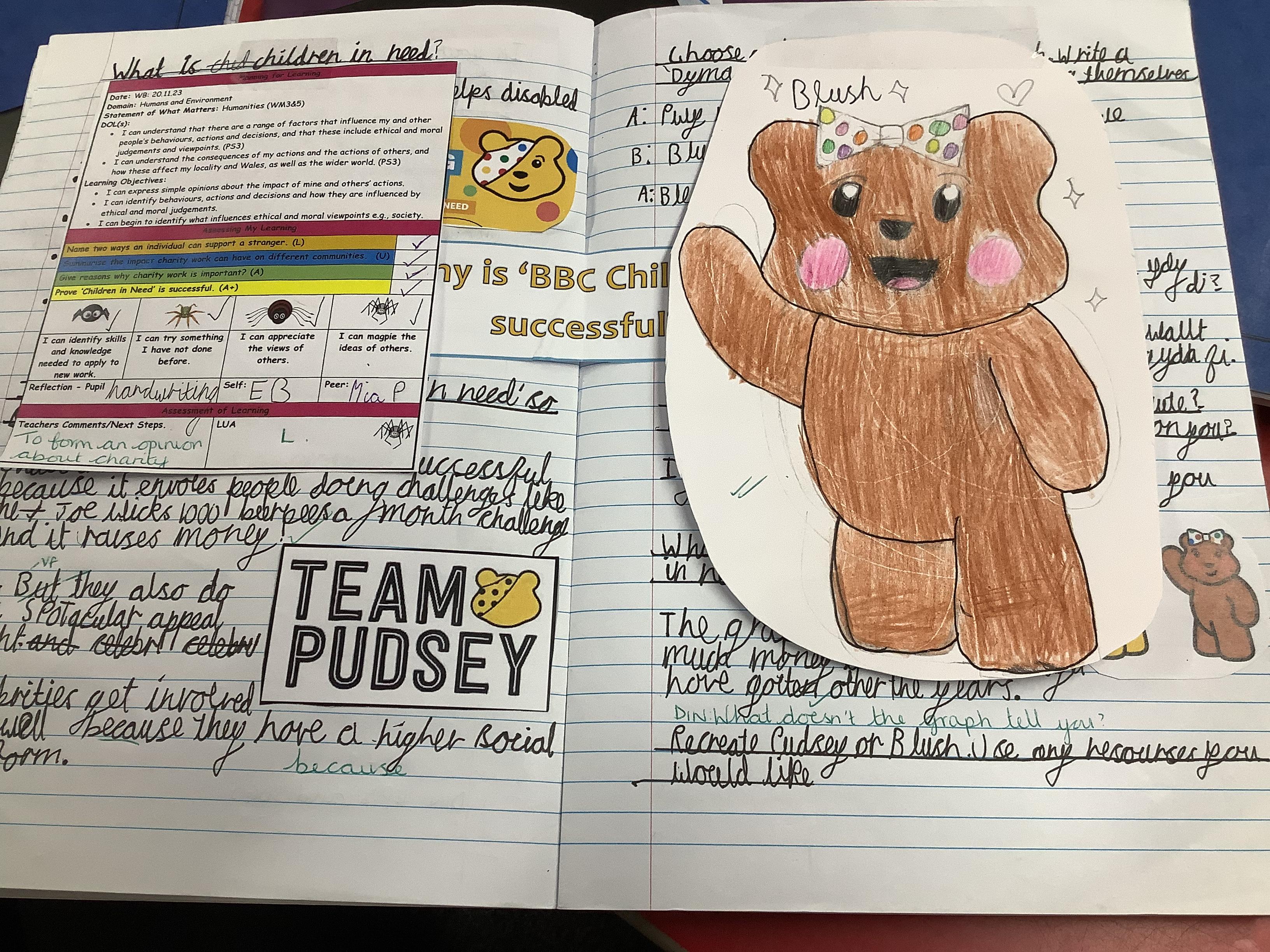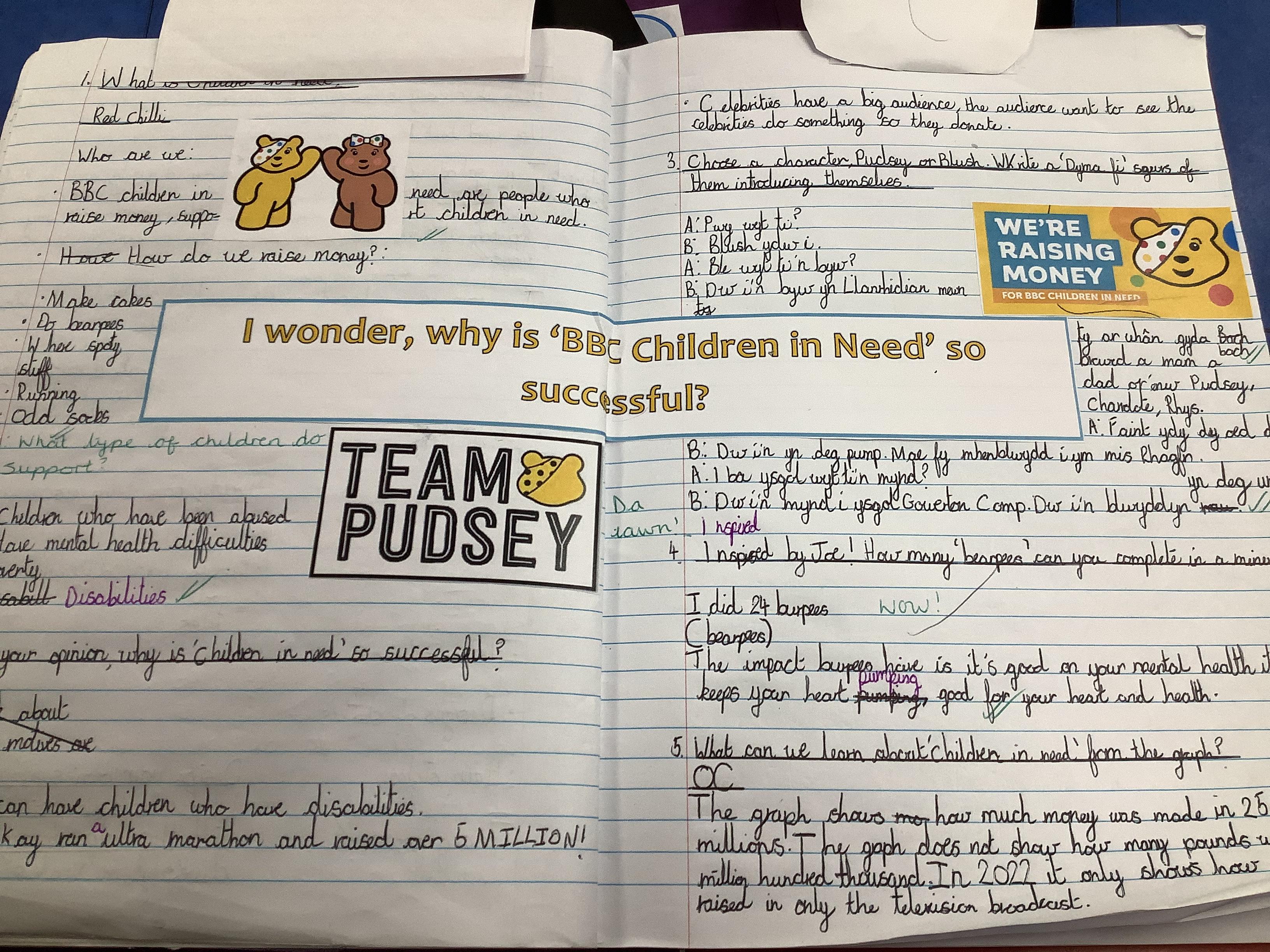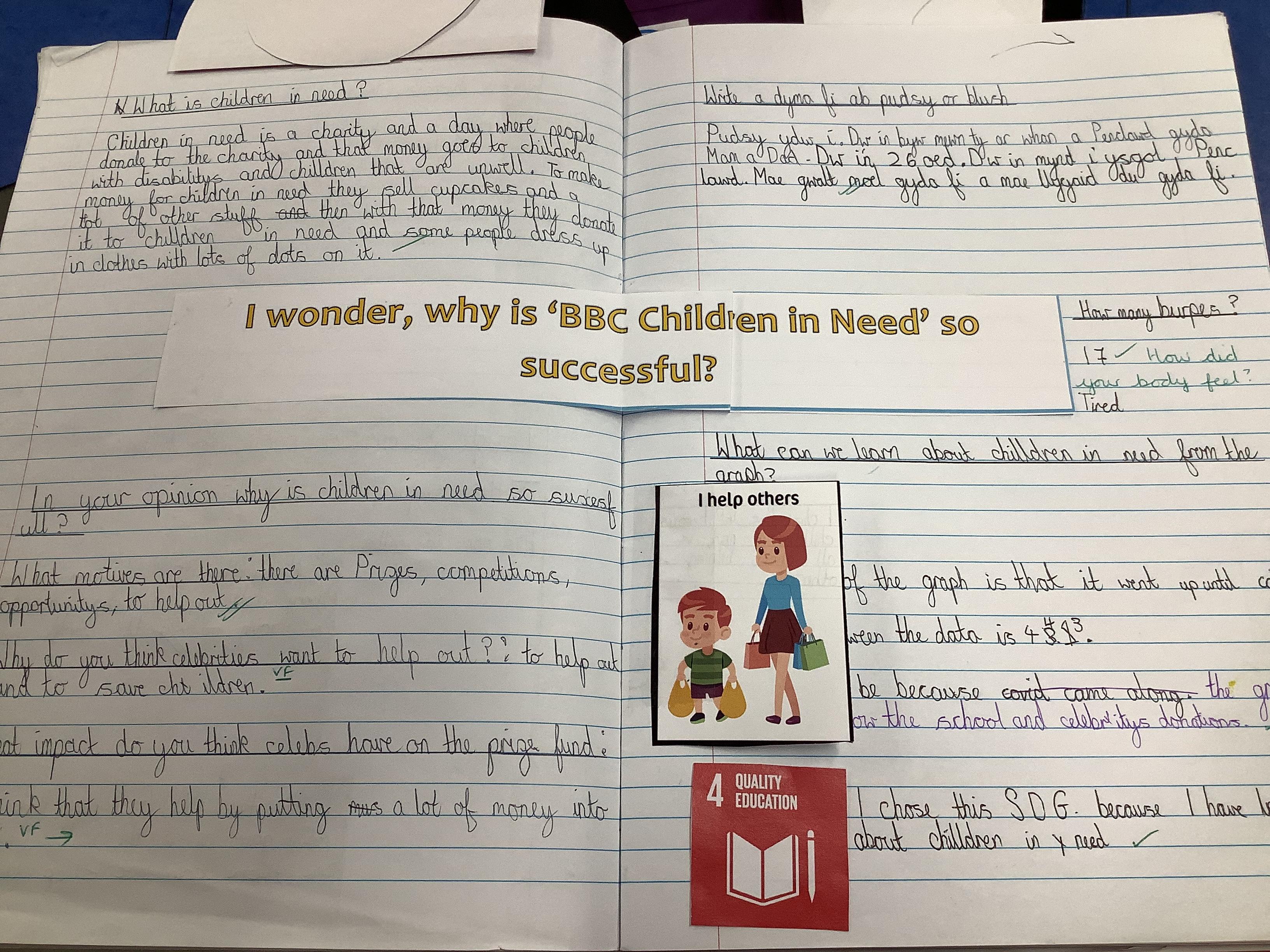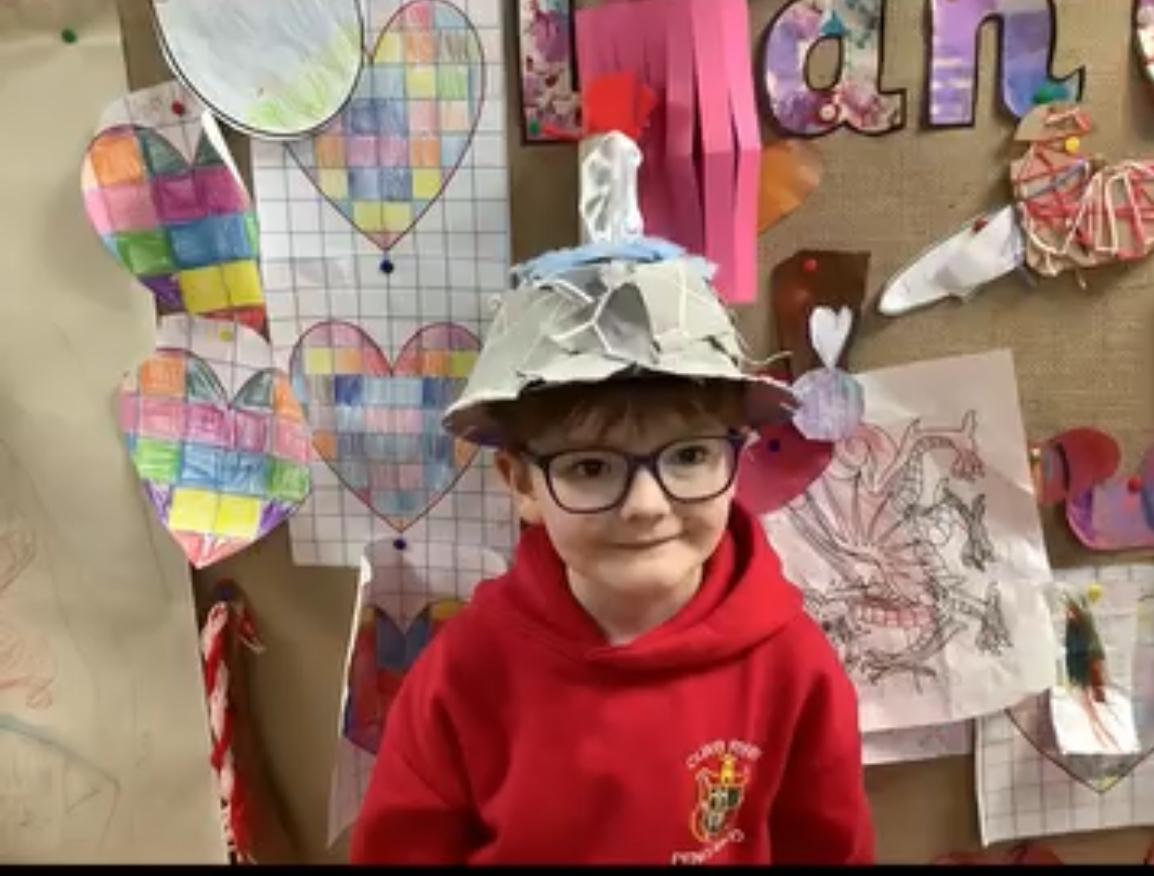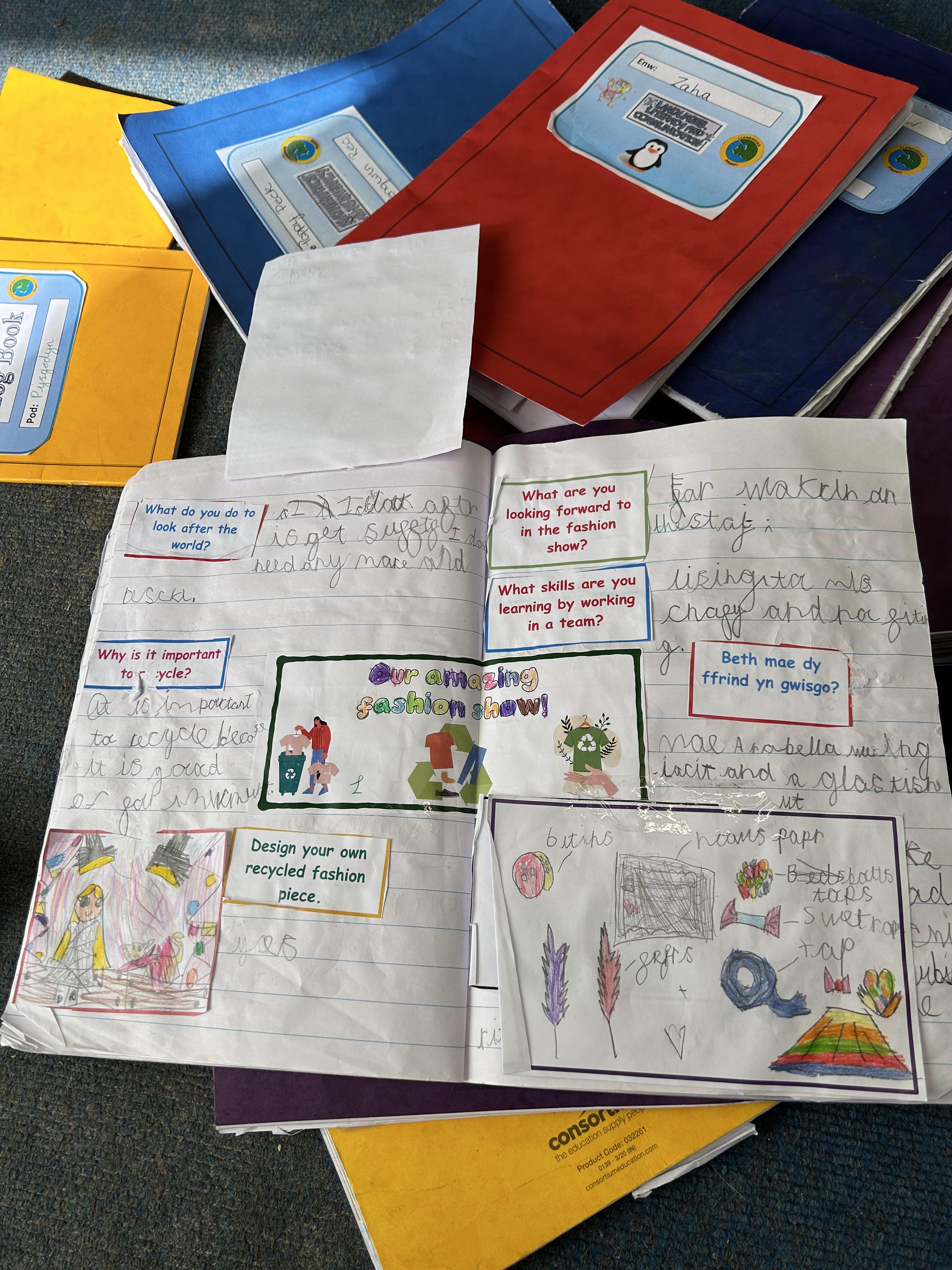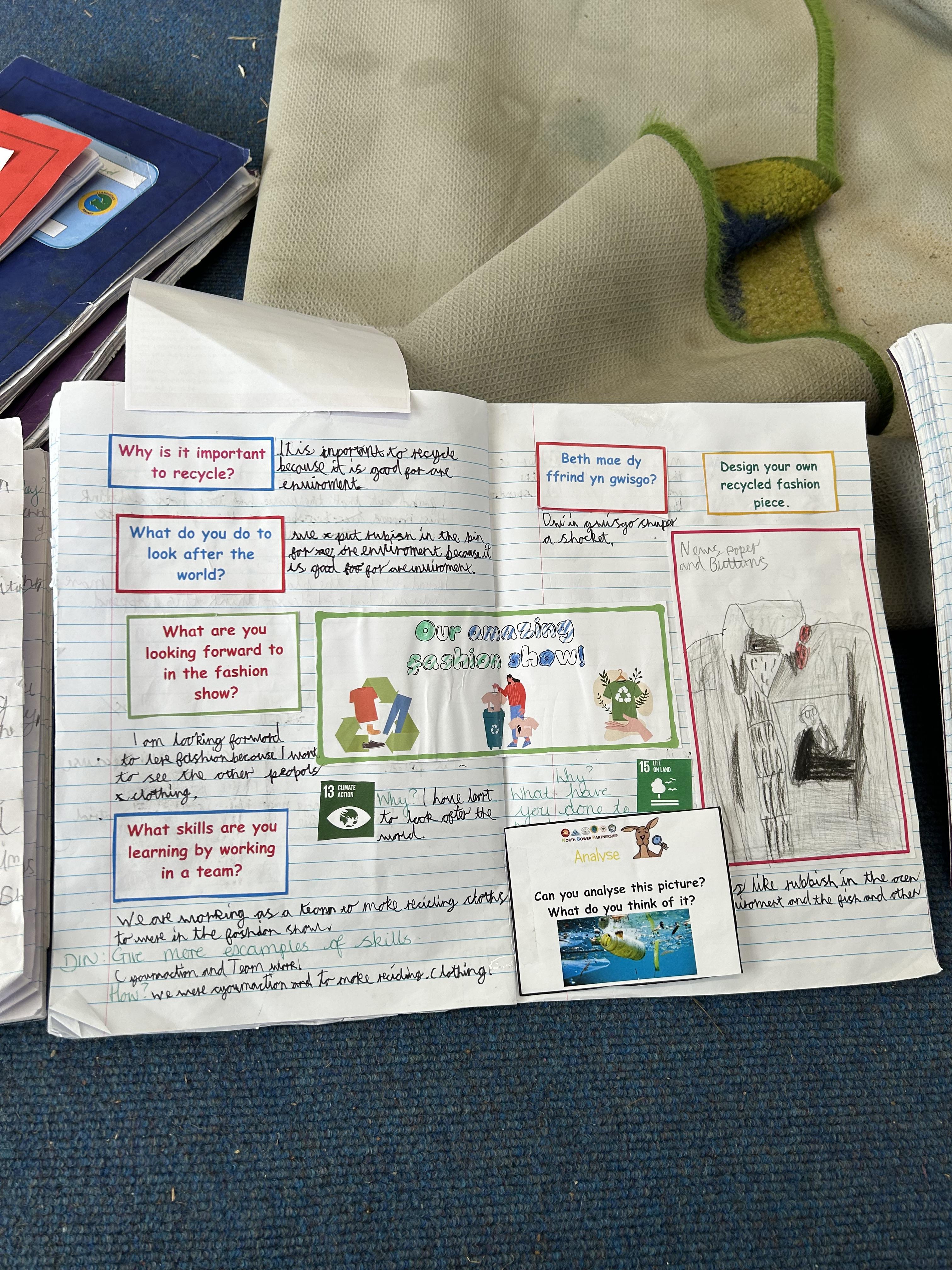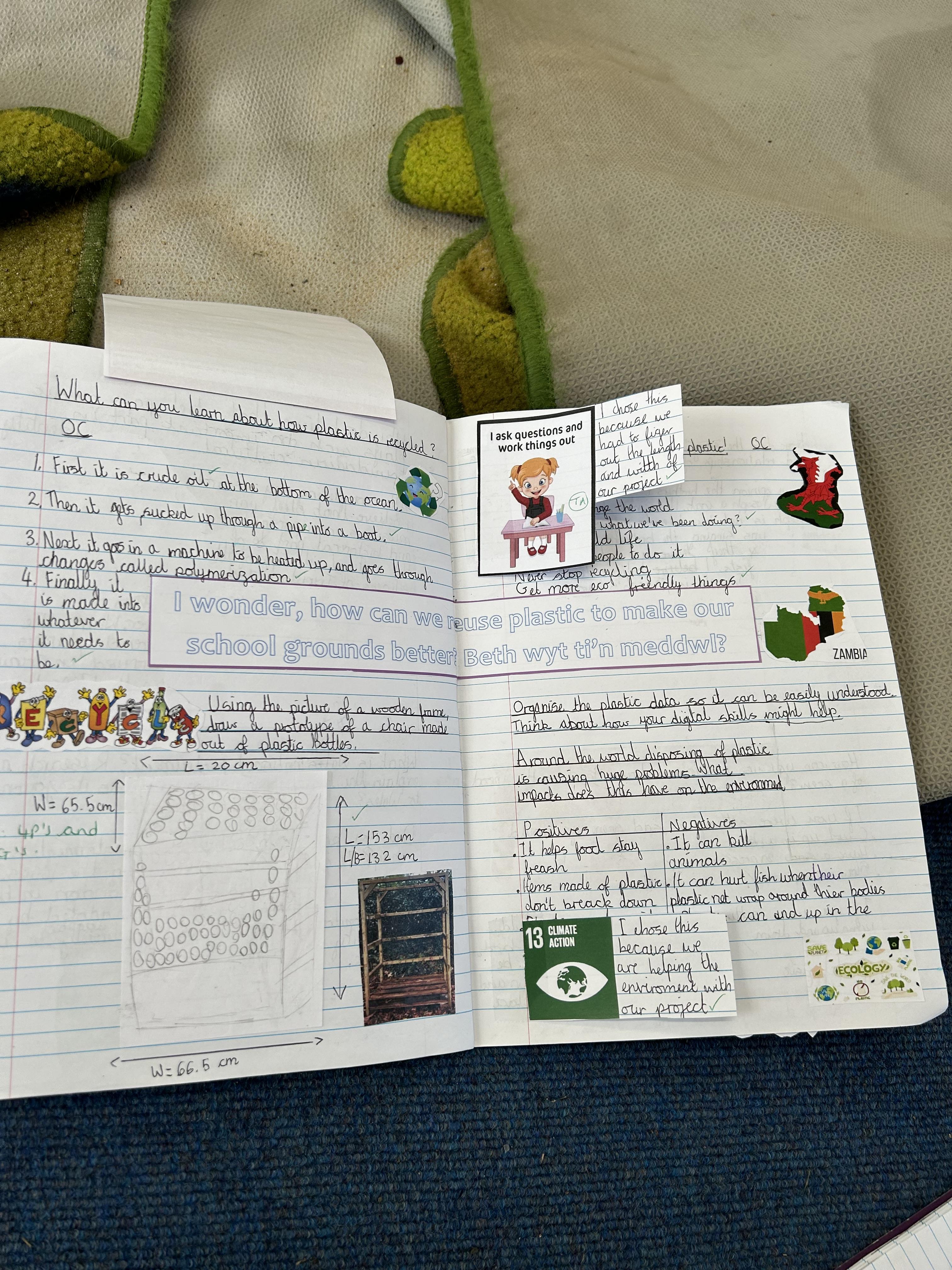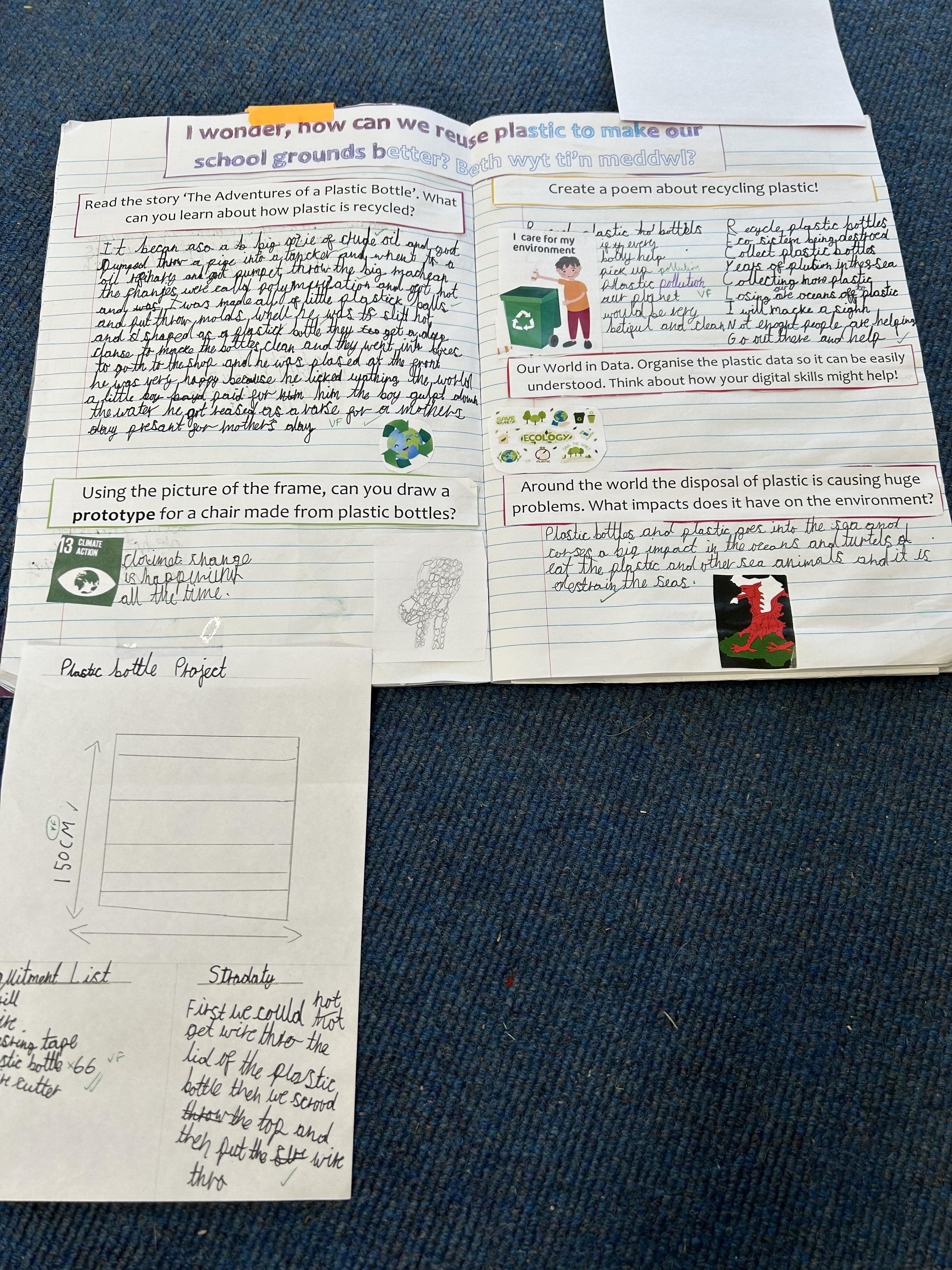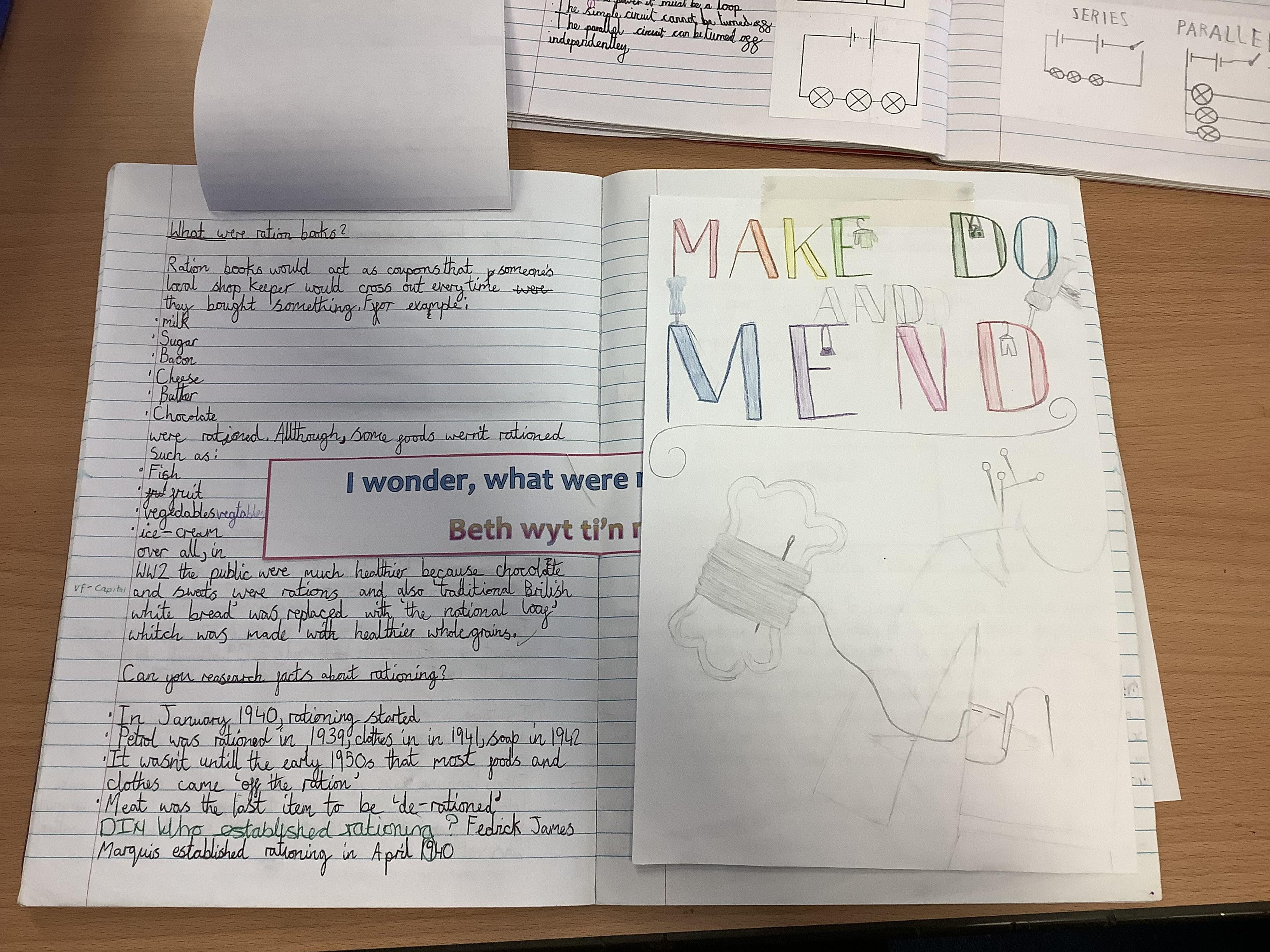PROGRESSION PORTFOLIO
Humanities
Look at our Instagram Portfolio #Llanhum
Links to Children's Rights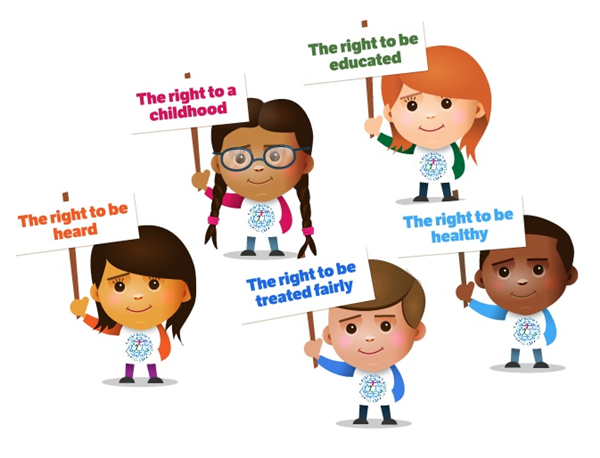
In Humanities, we study people, places, beliefs, and significant ideas that shape the world. It helps children become thoughtful, informed citizens — and understand their rights.
�� Linked Rights from the UNCRC:
�� Right to be heard (Article 12)
Children share their views and take part in discussions.
��️ Freedom of expression (Article 13)
Everyone can share ideas and beliefs in their own way.
�� Access to information (Article 17)
Children learn how to find and understand reliable information.
�� Know your rights (Article 42)
Children learn what their rights are – and how to respect others.
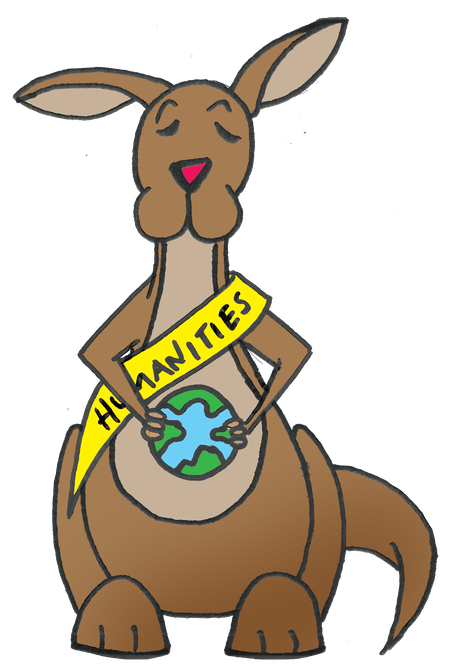
In Llanrhidian the Humanities Area of Learning and Experience seeks to awaken a sense of wonder, fire the imagination and inspire learners to grow in knowledge, understanding and wisdom.
This Area encourages learners to engage with the most important issues facing humanity, including sustainability and social change, and help to develop the skills necessary to interpret and articulate the past and the present.
The Area encompasses geography; history; religion, values and ethics; business studies and social studies. These disciplines share many common themes, concepts and transferable skills, while having their own discrete body of knowledge and skills.
What Matters in Humanities
�� 1. Curiosity leads to discovery
�� We ask questions and explore the world — past, present and future — to understand how things work and why they happen.
��️ 2. Different people see things in different ways
��️ We learn that events and experiences can be understood and remembered differently, depending on who you are and what you believe.
�� 3. The natural world is always changing.
�� We study how nature works, how people affect it, and how we can look after our planet.
��️ 4. People shape the world.
�� We explore how human societies are created, shaped by beliefs, values, culture, and actions.
❤️ 5. We can make a difference.
�� We learn to think for ourselves, care about others, and take action to help solve real problems in the world around us.
Progression in Humanities
�� Progression in Learning
�� Increasing breadth and depth of knowledge
�� Deepening understanding of the ideas and disciplines within Areas of Learning and Experience
��️ Refinement and growing sophistication in the use and application of skills
�� Making connections and transferring learning into new contexts
�� Increasing effectiveness as a learner
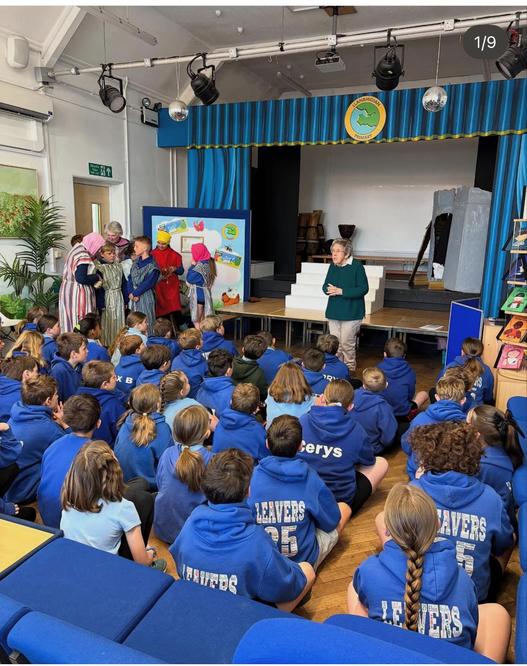 Humanities in Llanrhidian Primary School
Humanities in Llanrhidian Primary School
Learners will be taught new skills, have support to practice and then be given opportunities to independently apply their knowledge skills and understanding through a range of contexts.
The subjects within this Area share many common themes, concepts and transferable skills, while also having their own discrete body of knowledge and skills. The content, concepts and skills outlined in this Area are interconnected. The disciplines in this Area provide a variety of lenses through which to view the human experience. The statements of what matters encourage a holistic 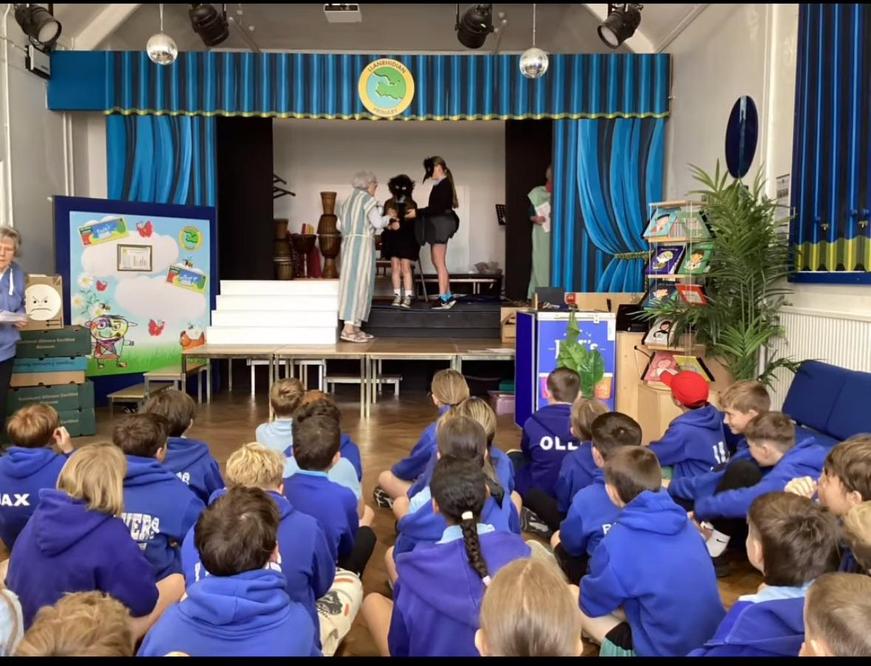 approach to learning.
approach to learning.
Planning for History in Llanrhidian
��️ What Matters in Learning History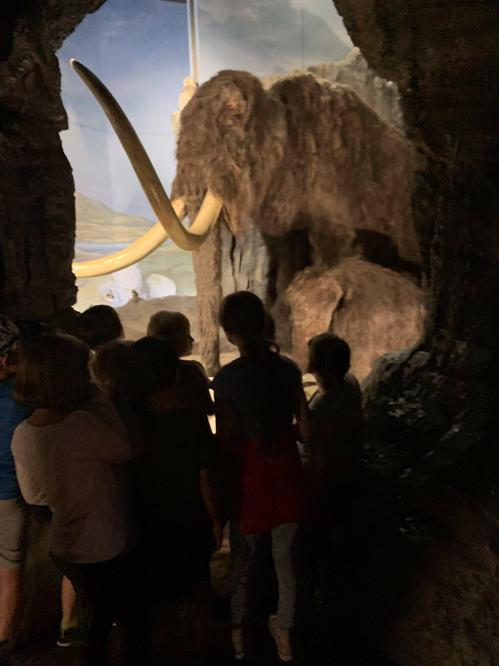
Through the study of history, learners will:
�� Understand the Discipline of History
Develop a clear understanding of what history is and why it matters
Respect the idea of truth, and the lives and experiences of people in the past
⏳ Develop a Sense of Time and Place
Explore the past on different scales – local, national, and global
Build a strong sense of chronology and understand how time periods connect
Use history to orient themselves in time
��️ Build Historical Skills and Interpretation
Investigate different sources of information and develop skills to ask and answer historical questions
Understand how and why the past is interpreted in different ways
Explore key concepts like cause and effect, change and continuity, similarity and difference, and historical significance
�� Explore Big Ideas and Key Themes
Study rich content across time to explore ideas like:
��️ Governance, power and leadership
⚖️ Justice, rights, equality and inequality
��️ Economy, trade, agriculture and industry
✊ Power and protest
�� Peace, conflict and cooperation
��️ Social organisation, ideologies and devolution
�� Culture, diversity, ethnicity and empire
��️ Make Connections Across Time
Be exposed to a wide range of historical periods
Make meaningful links across eras to build a detailed chronological map of the past
Planning for Geography in Llanrhidian
-
Through geography, learners will:
�� Understand the Discipline and Its Value
Develop an understanding of what geography is and why it helps us make sense of the world ��
��️ Explore Physical and Human Landscapes
Learn about landforms, cities, communities and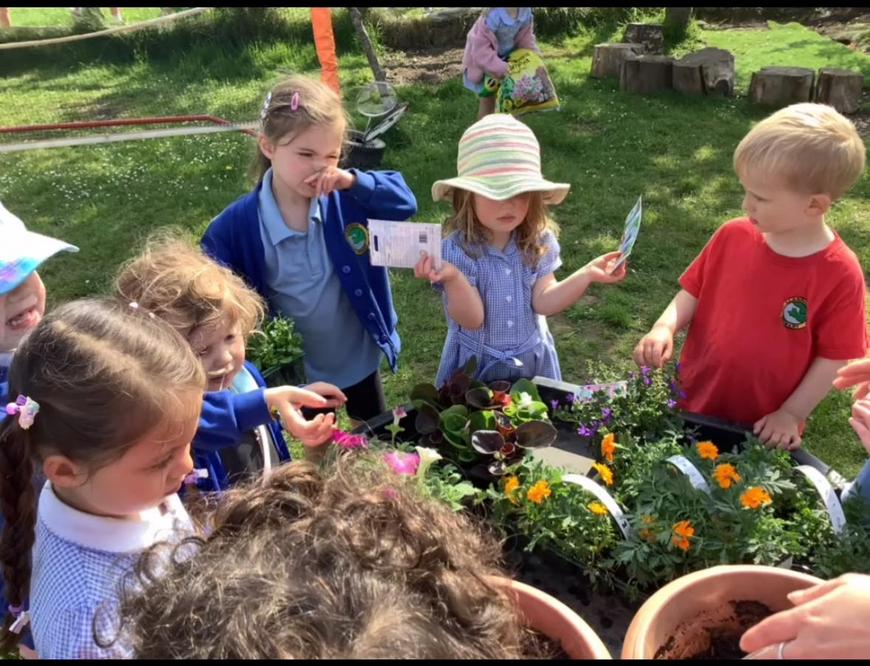 environments
environments
Understand how people and places are connected and interdependent
♻️ Tackle Global Issues and Big Ideas
Geography provides a rich context for exploring important real-world issues such as:
�� Sustainability & climate change
⚡ Energy choices & natural disasters
�� Pollution & resource scarcity
��️ Food security & population growth
��️ Settlements, migration & identity
�� Globalisation, trade & consumerism
�� Poverty, inequality & international development
��️ Use Geographical Tools and Technology
Develop skills in reading and analysing maps, images, and Geographical Information Systems (GIS) ��️��
�� Become Investigators and Critical Thinkers
Learn how to ask good research questions
Collect, analyse and present data ��
Think critically about complex issues and propose solutions
Planning for Religion, Values and Ethics in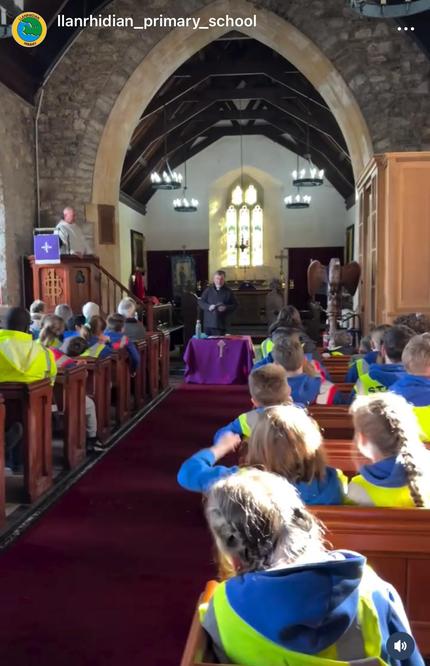 Llanrhidian
Llanrhidian
-
❓ Ask Big Questions
Be curious and reflect on questions like:
Why are we here? What matters? What is truth?
Experience awe and wonder while exploring real-world meaning ��
�� Explore Worldviews
Learn about religious and non-religious beliefs
Understand faith, spirituality, life stances, and how they shape identity and culture ����♀️��
�� Explore Deep Concepts
Engage with ideas like:
Belief, purpose, meaning, life, death, and Ultimate Reality
Discover how individuals and groups form personal and institutional worldviews
�� Understand Relationships and Belonging
Explore identity, community, cynefin (sense of place), diversity and interconnectedness
Learn how beliefs affect how people live and relate to others ��
⚖️ Explore Justice and Ethics
Discuss ideas of equality, freedom, tolerance, good and evil, prejudice and extremism
Understand the challenges and choices people face in society today ��⚖️��
�� Understand Lived Religion and Practice
Learn about rituals, traditions, worship, sacred symbols and celebrations
Understand how beliefs are lived out in daily life ����️
❤️ Think About Morality and Action
Explore concepts like values, justice, rights, humanity, responsibility and social action
Learn how beliefs can lead to making a difference in the world ��
Planning for Social Studies in Llanrhidian
-
�� Understand the Discipline and Its Purpose
Learn what social studies is and why it helps us make sense of how people live, lead, and organise society.
�� Learn About People and Their Values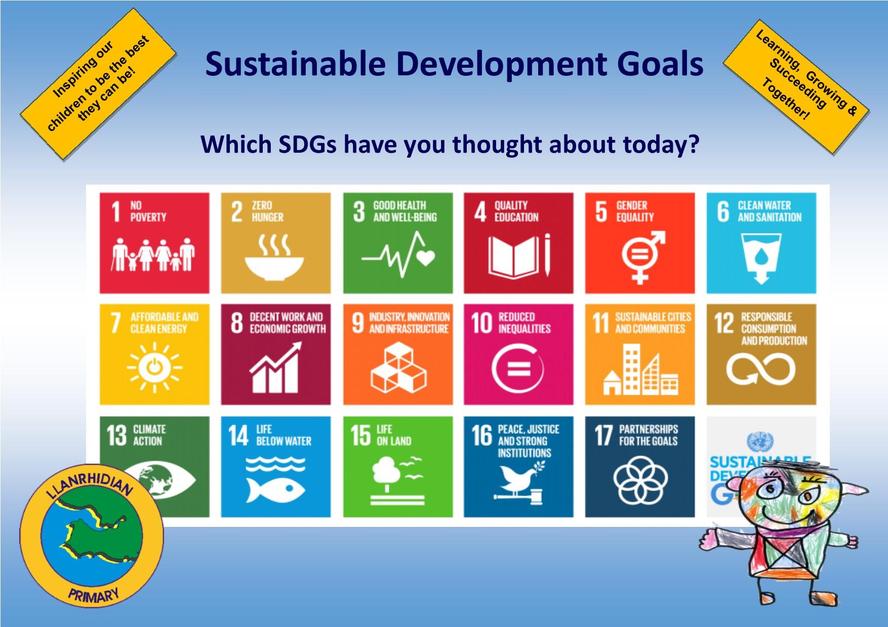
Explore how people’s beliefs, values, and actions shape the world — in the past and today.
��️ Discuss Social Issues and Rights
Explore real-life topics like identity, fairness, rights, responsibilities, and how society is organised
Think about equality, inequality, ethnicity, gender and poverty
��️ Understand Government and Democracy
Learn how the government in Wales works
Compare it to how other countries are run
Understand how decisions affect people’s lives and communities ��️
�� Think, Talk and Take Action
Take part in social enquiry, debates and group projects.
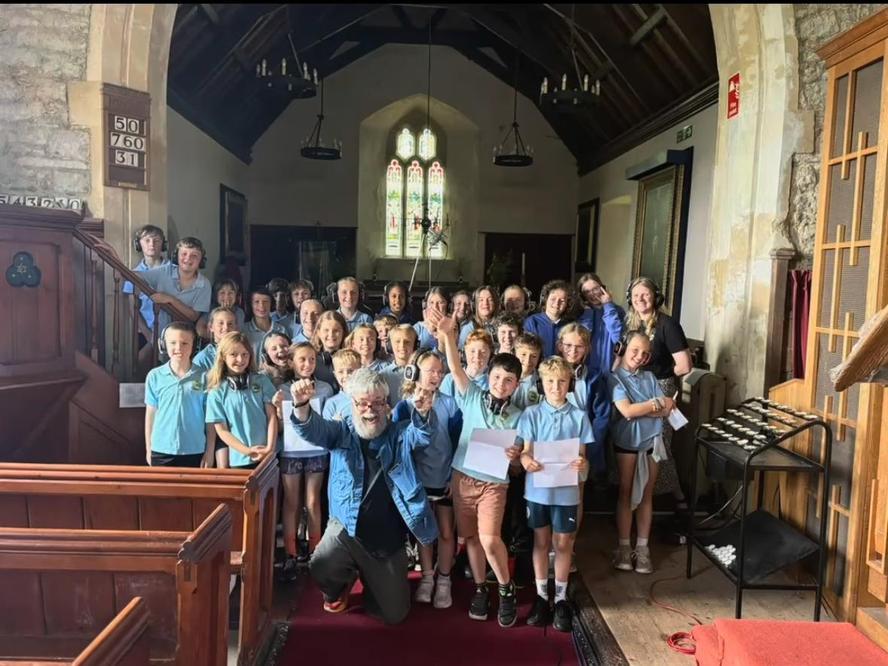 Planning for Business Studies in Llanrhidian
Planning for Business Studies in Llanrhidian
-
�� Understand the value of the subject
Explore how Business Studies links to real life, giving pupils insight into the world of work, money, and decision-making.
�� Make sense of economic reality
Learn how the Welsh and global economies work, how they change over time, and how this affects people’s lives and the environment.
�� Understand success and failure in business
Investigate why some businesses thrive while others fail.
Develop critical thinking skills by examining how businesses impact communities, jobs, innovation and sustainability.
�� Explore the Welsh economy
Look at how things are made and sold, the role of workers, and how technology and demographic changes shape our local and national economy.
What Does Humanities look like In Llanrhidian?
To develop rich skills, knowledge and experiences in Humanities, our learners benefit from a wide range of meaningful activities woven throughout the curriculum, including:
�� Exposure to artefacts – handling real or replica historical items to spark curiosity
��️ Visits to museums – providing immersive learning experiences outside the classroom
��️ Locality field trips – exploring the local area to make learning relevant and rooted in place
�� Ecological projects – connecting with the natural world through environmental work
�� Planting and caring for the school grounds – fostering responsibility, sustainability and stewardship
�� Reading and using maps, atlases and globes – to develop spatial awareness and geographical skills
�� Exploring music, art and writing – from a variety of cultures and historical periods
�� Visitors from different cultures, religions or eras – bringing lived experience into the classroom
�� Media footage of global events – helping learners understand current affairs and perspectives
�� Scrutiny of authentic evidence and articles – encouraging critical thinking and enquiry skills
�� Using the Sustainable Development Goals (SDGs) – to connect learning with global citizenship and local action
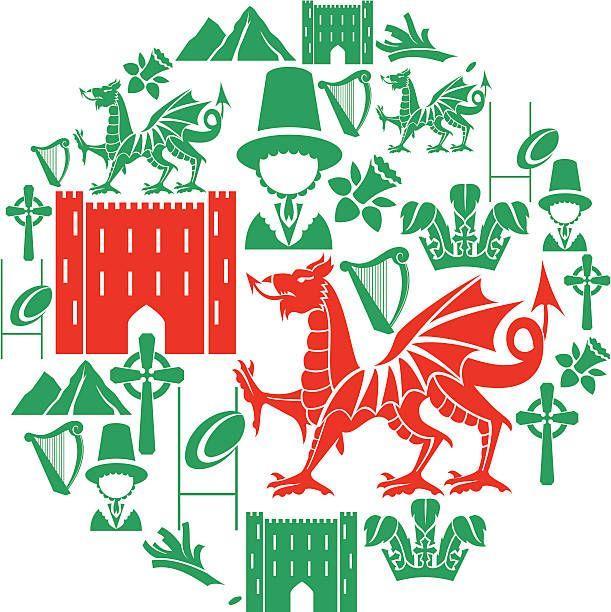 Cynefin.
Cynefin.
In Llanrhidian we ensure that all pupils gain knowledge and learn through a range of contemporary and historical contexts, investigation and exploration of the human experience in their own localities and elsewhere in Wales, as well as in the wider world, can help learners discover their heritage and develop a sense of place and cynefin. This will help promote an understanding of how us, the people of Wales, its communities, history, culture, landscape, resources and industries, interrelate with the rest of the world. .
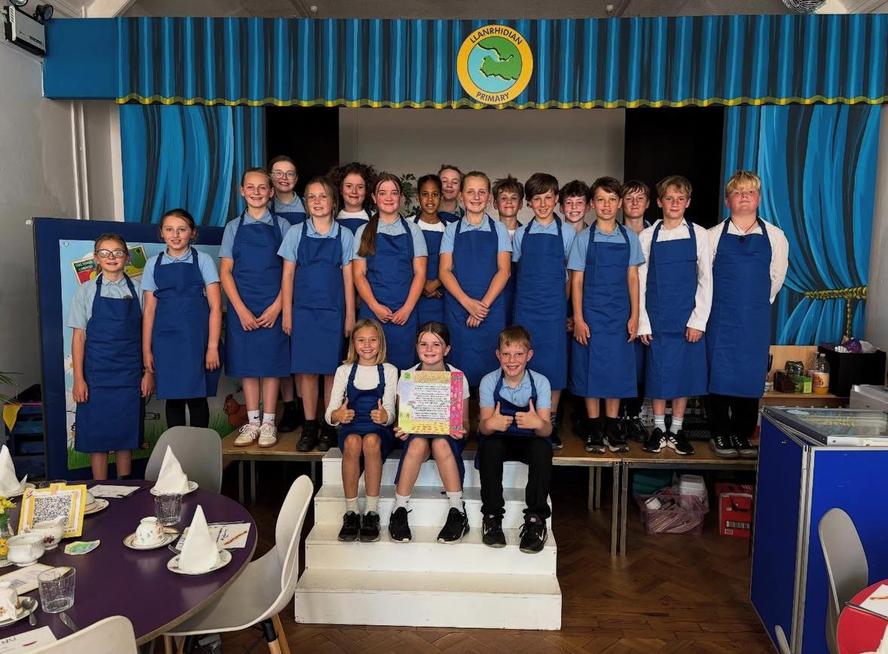

 Humanities in Llanrhidian Primary School
Humanities in Llanrhidian Primary School approach to learning.
approach to learning. 
 environments
environments Llanrhidian
Llanrhidian 
 Planning for Business Studies in Llanrhidian
Planning for Business Studies in Llanrhidian  Cynefin.
Cynefin.









